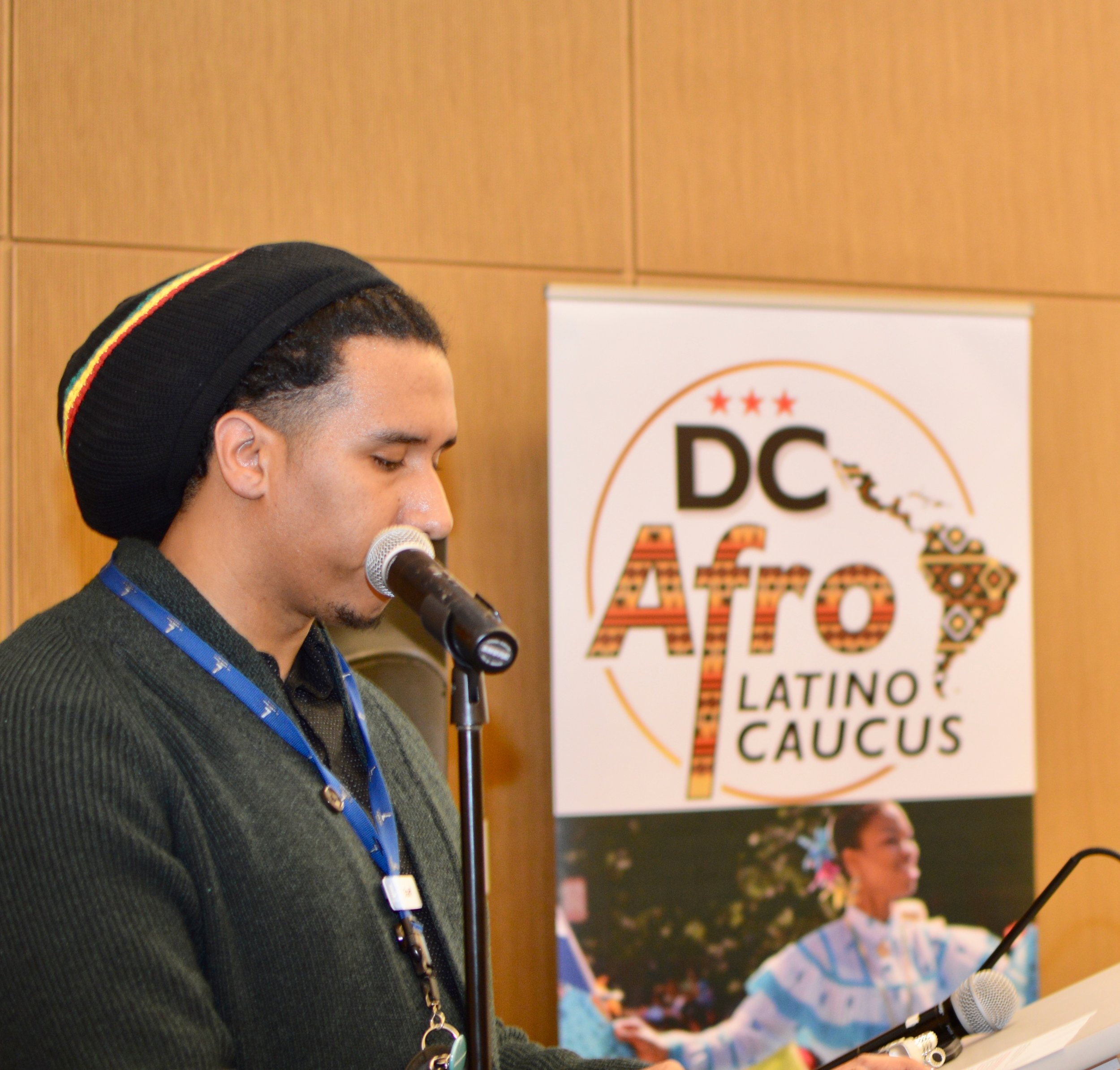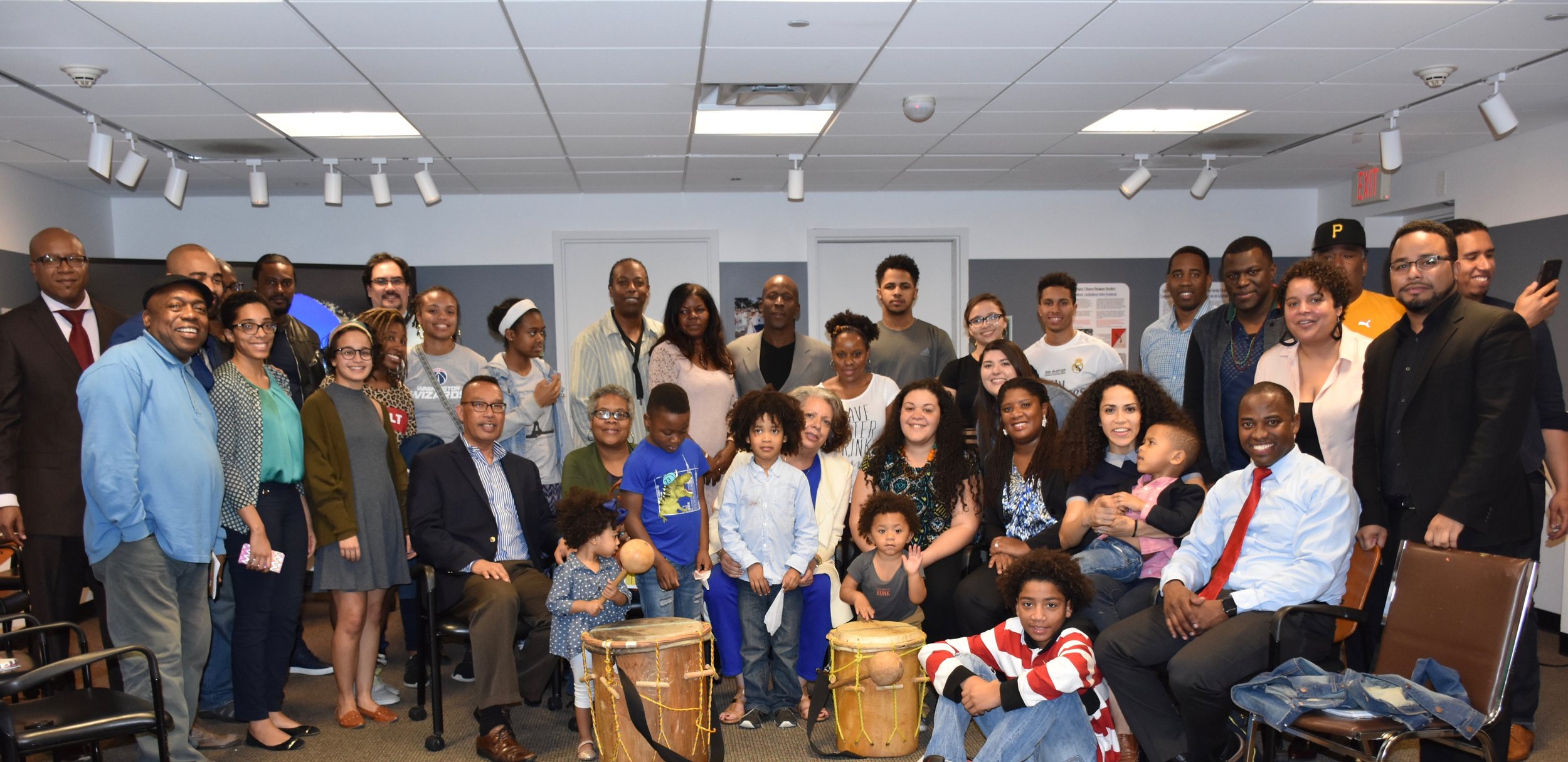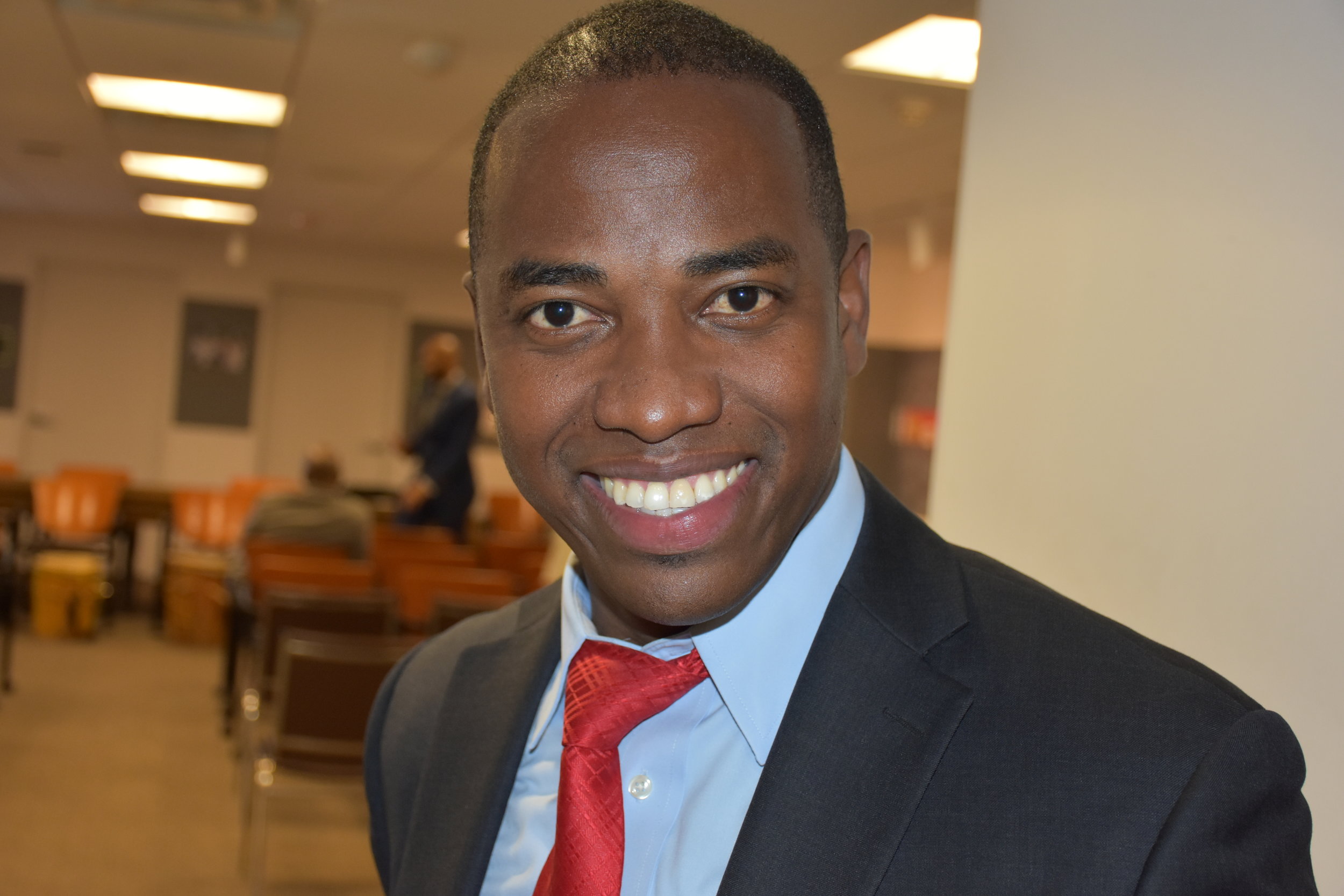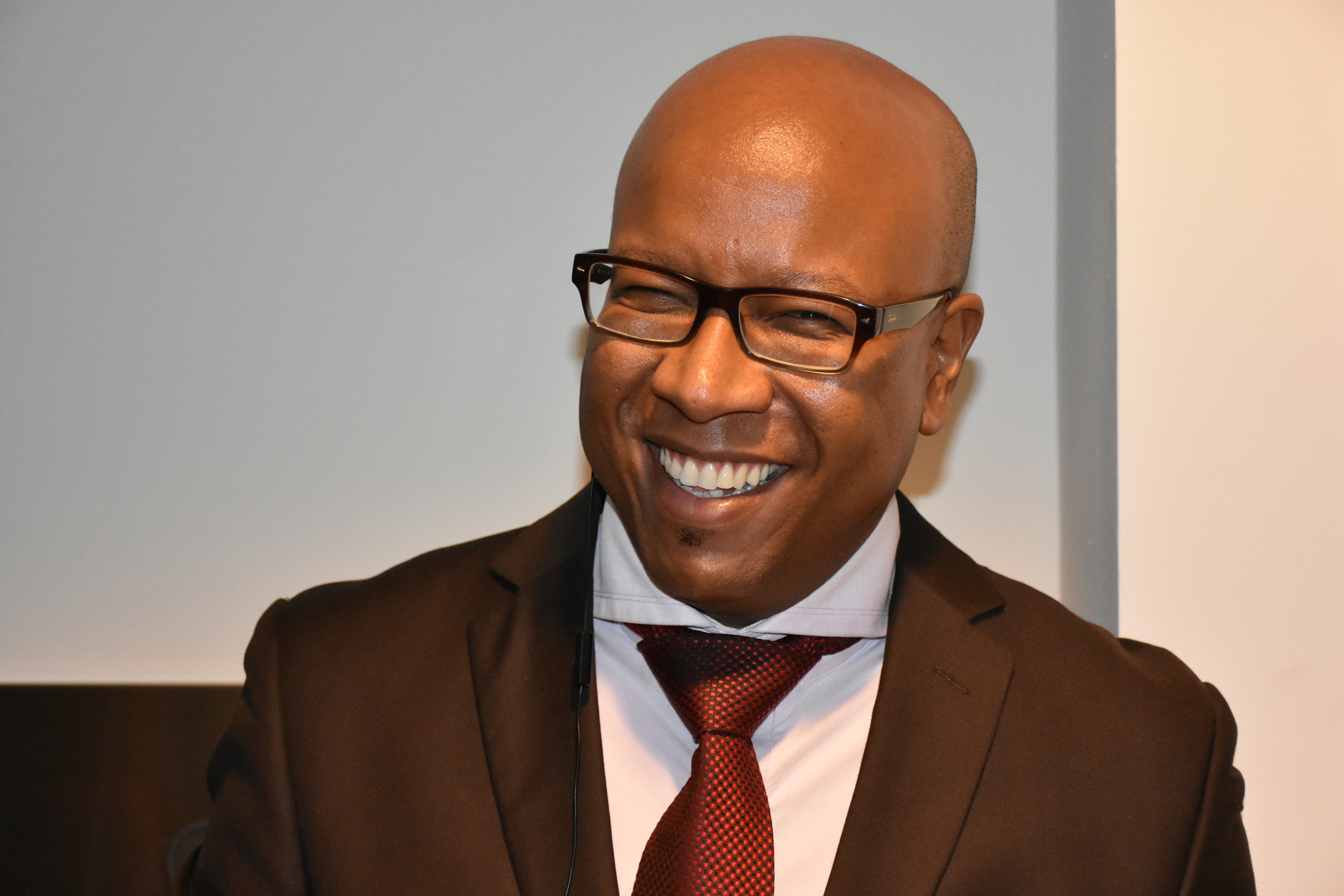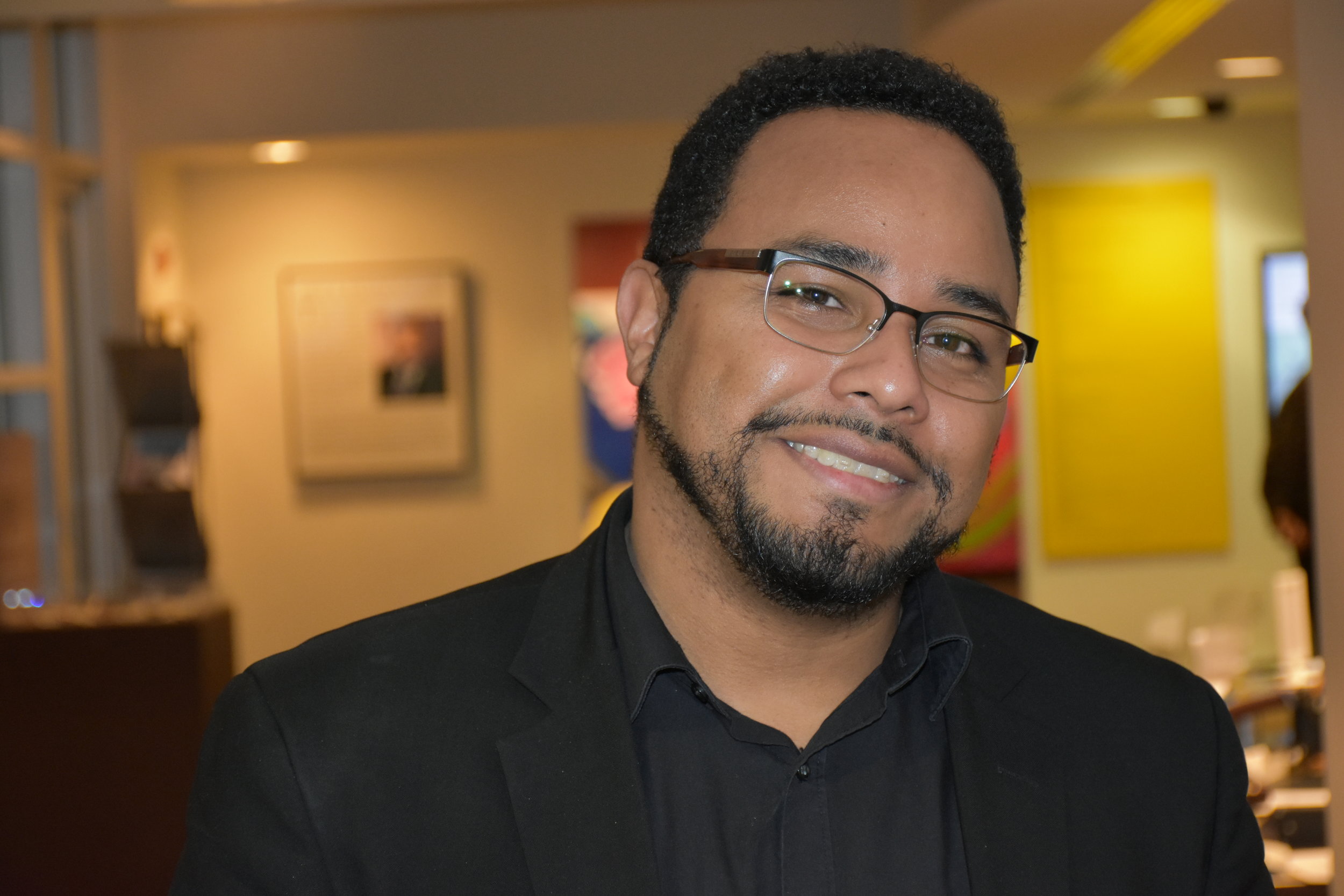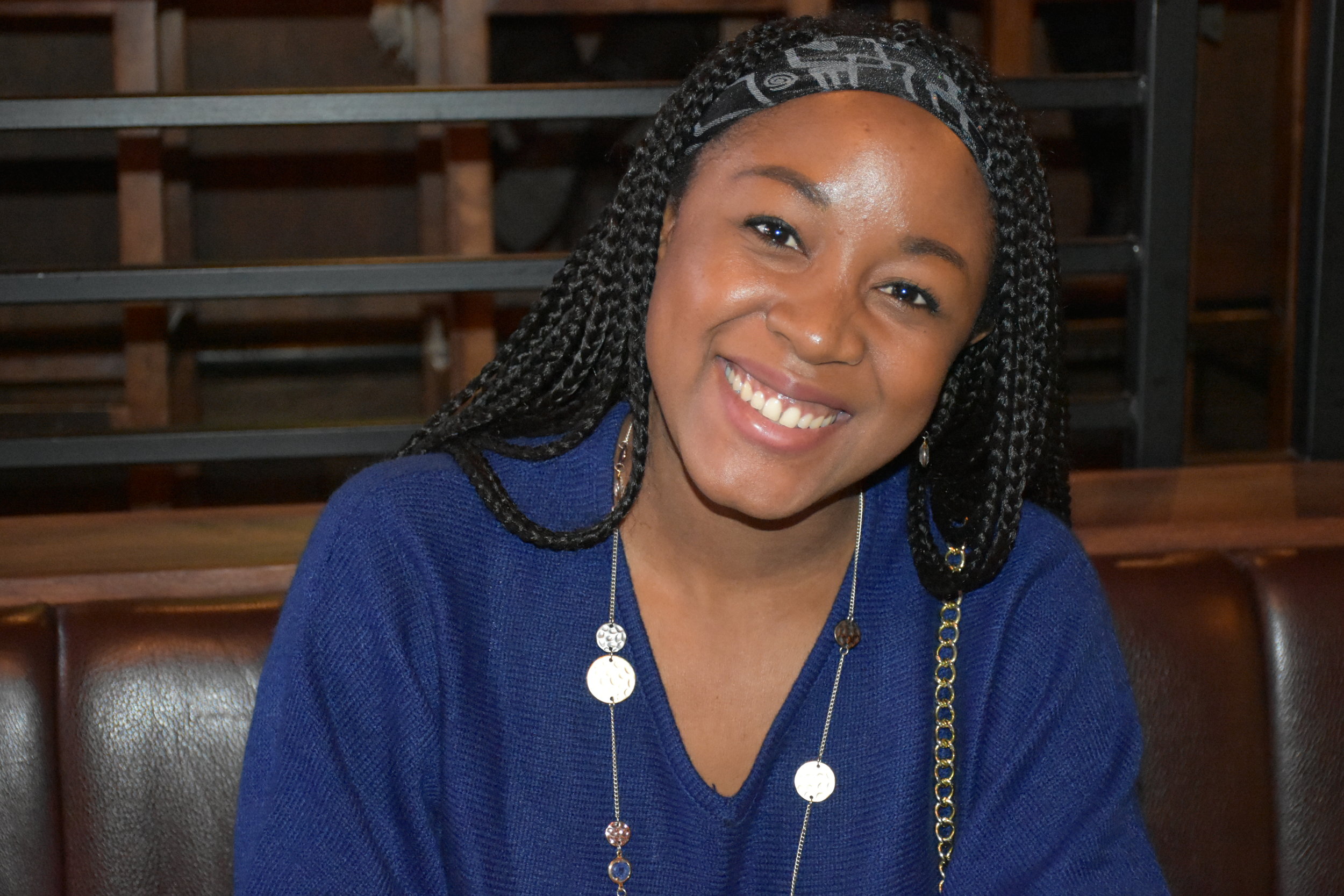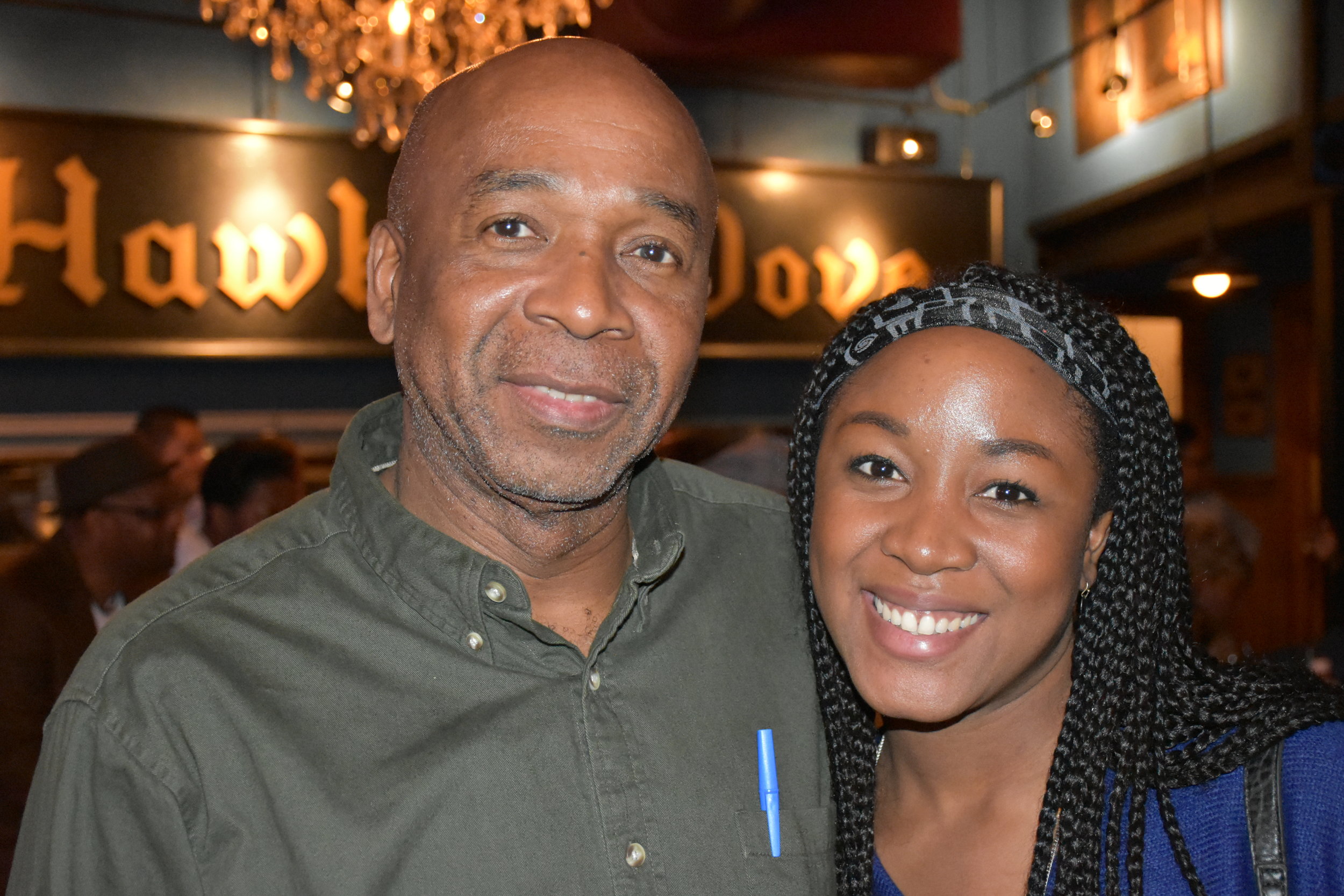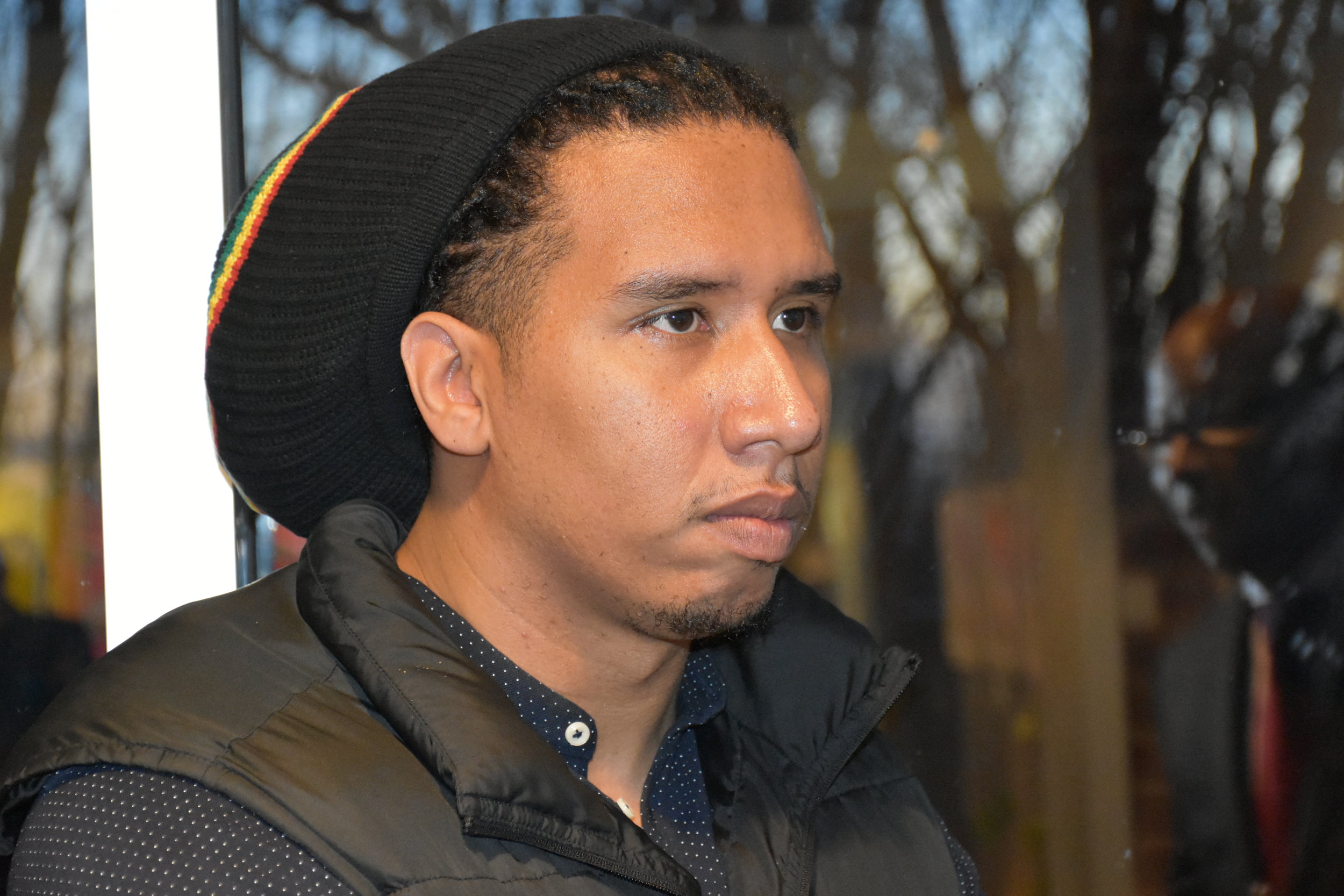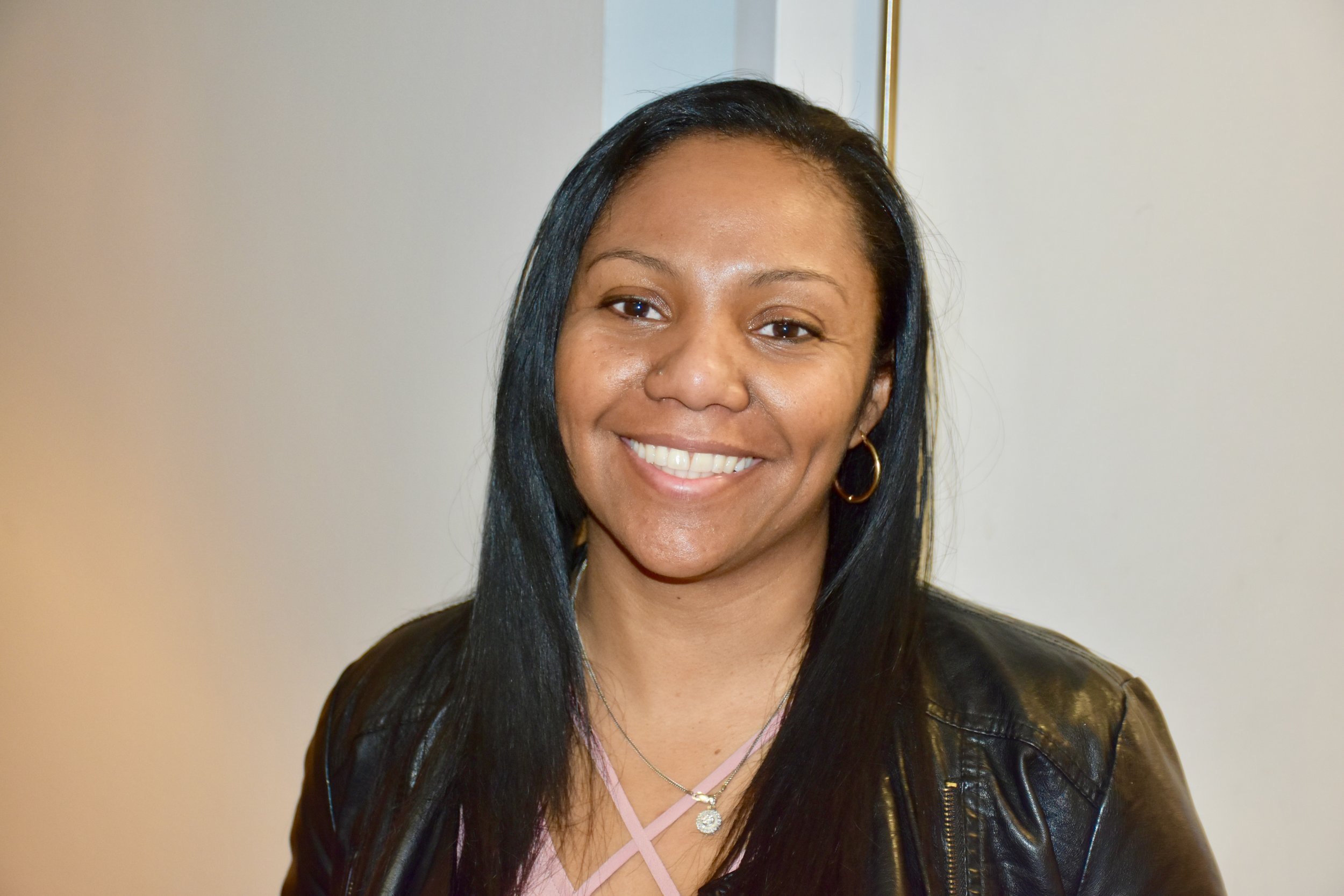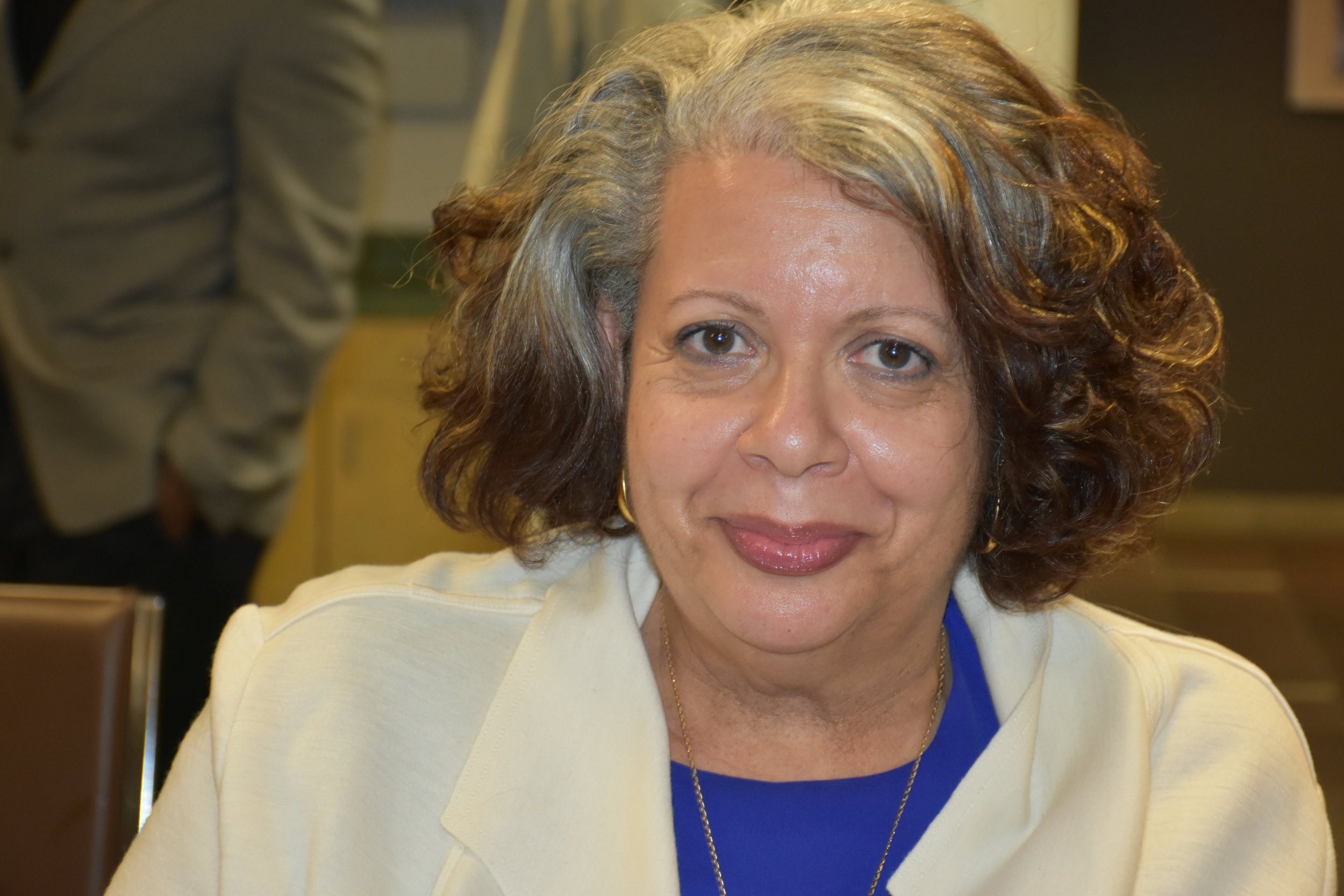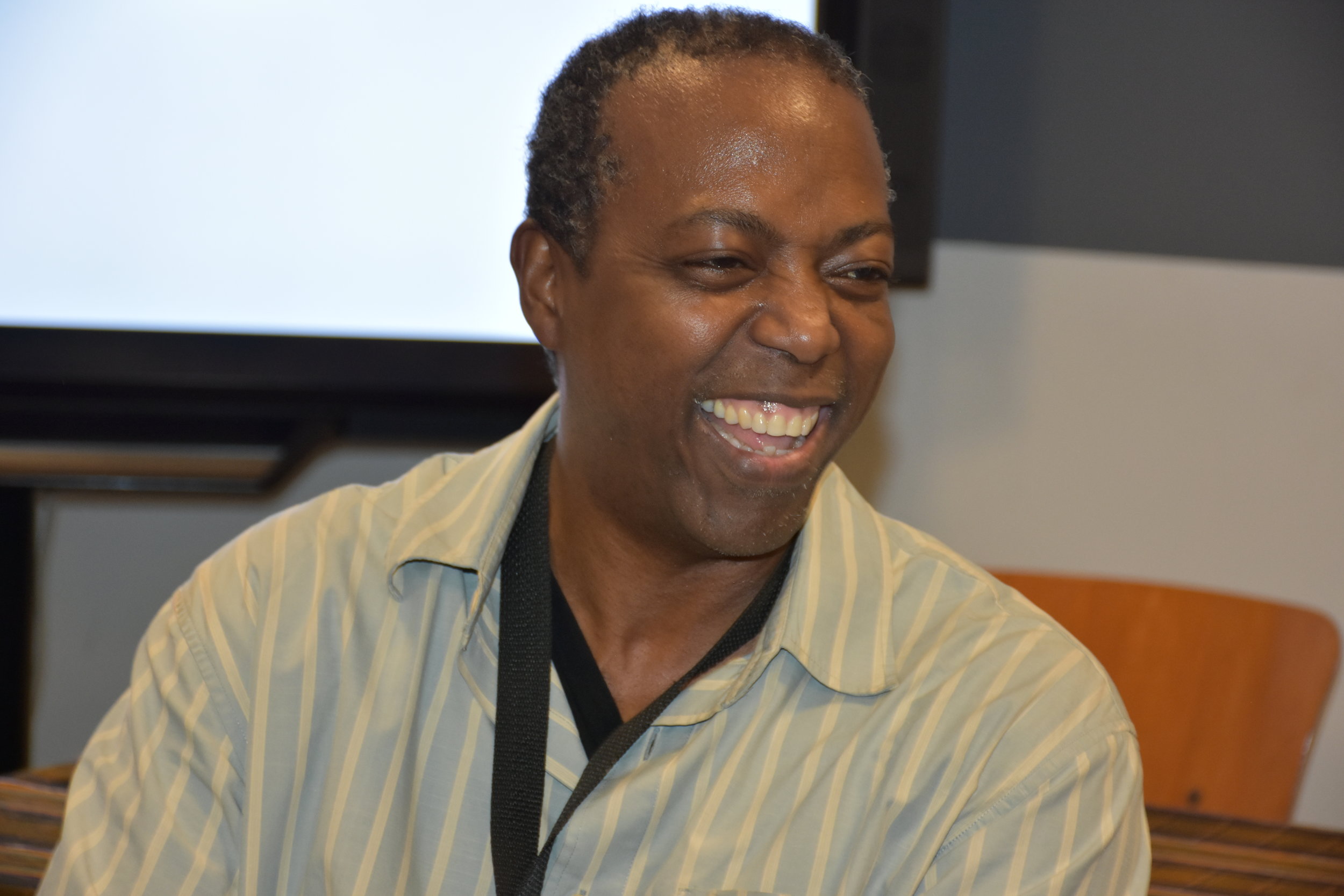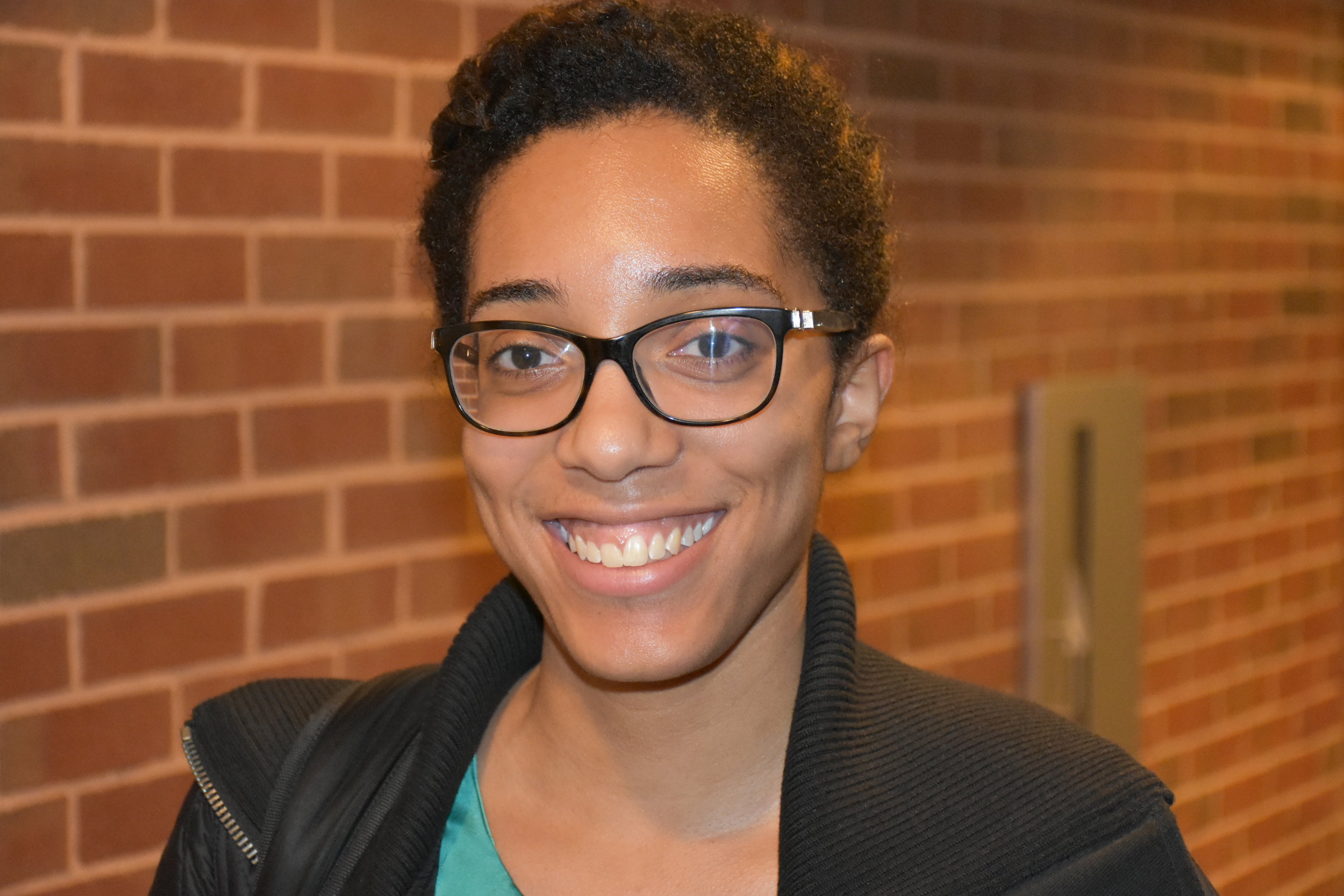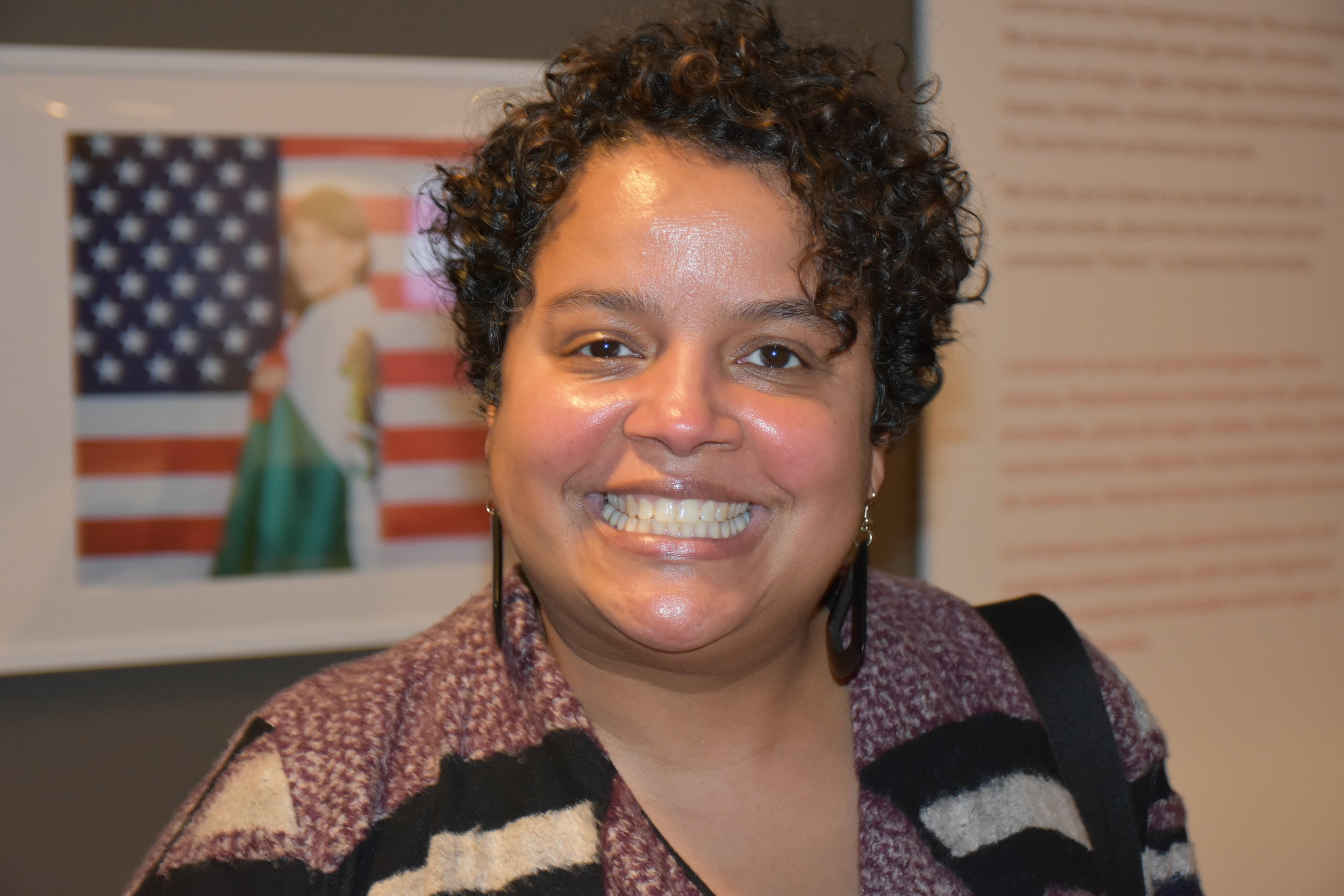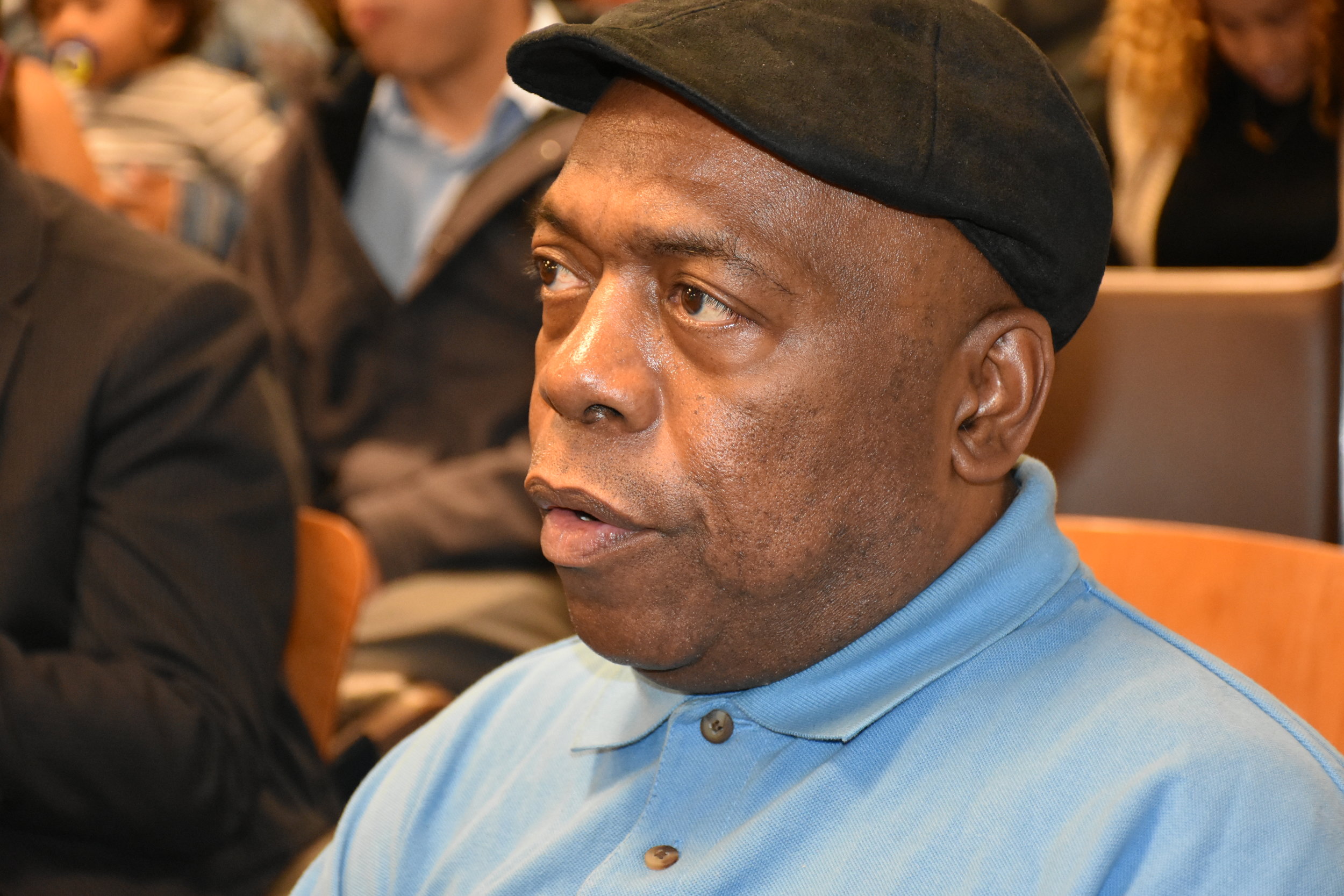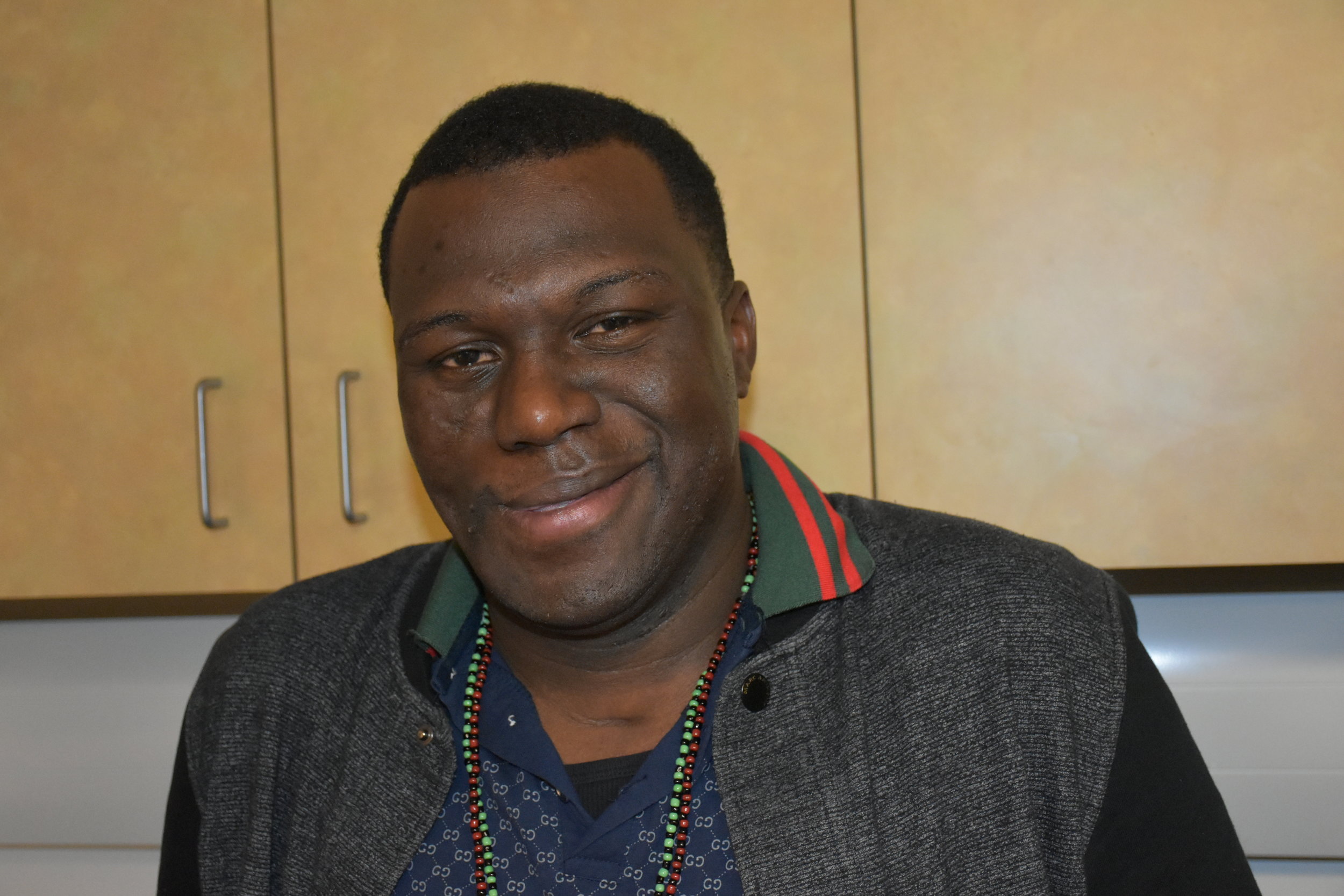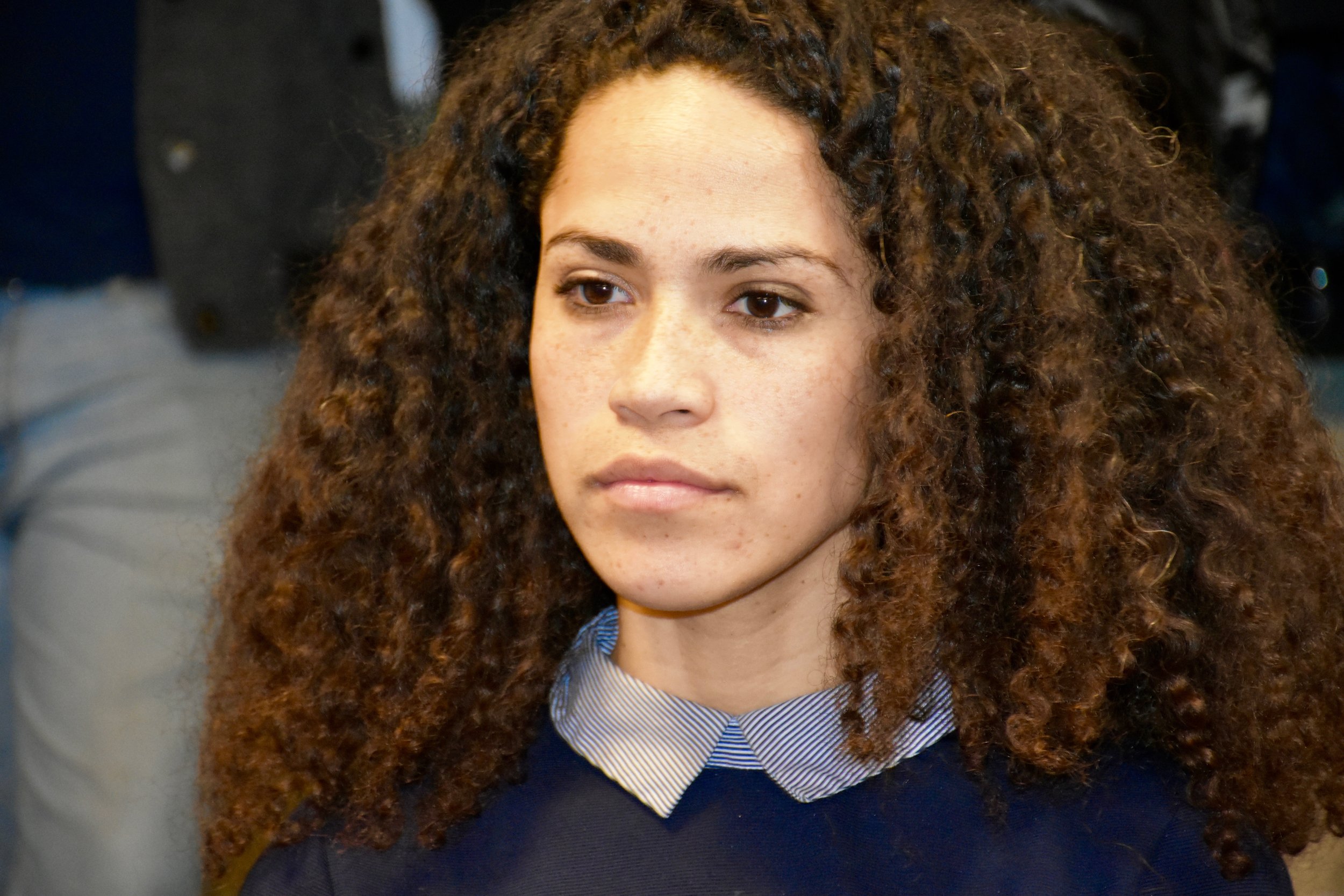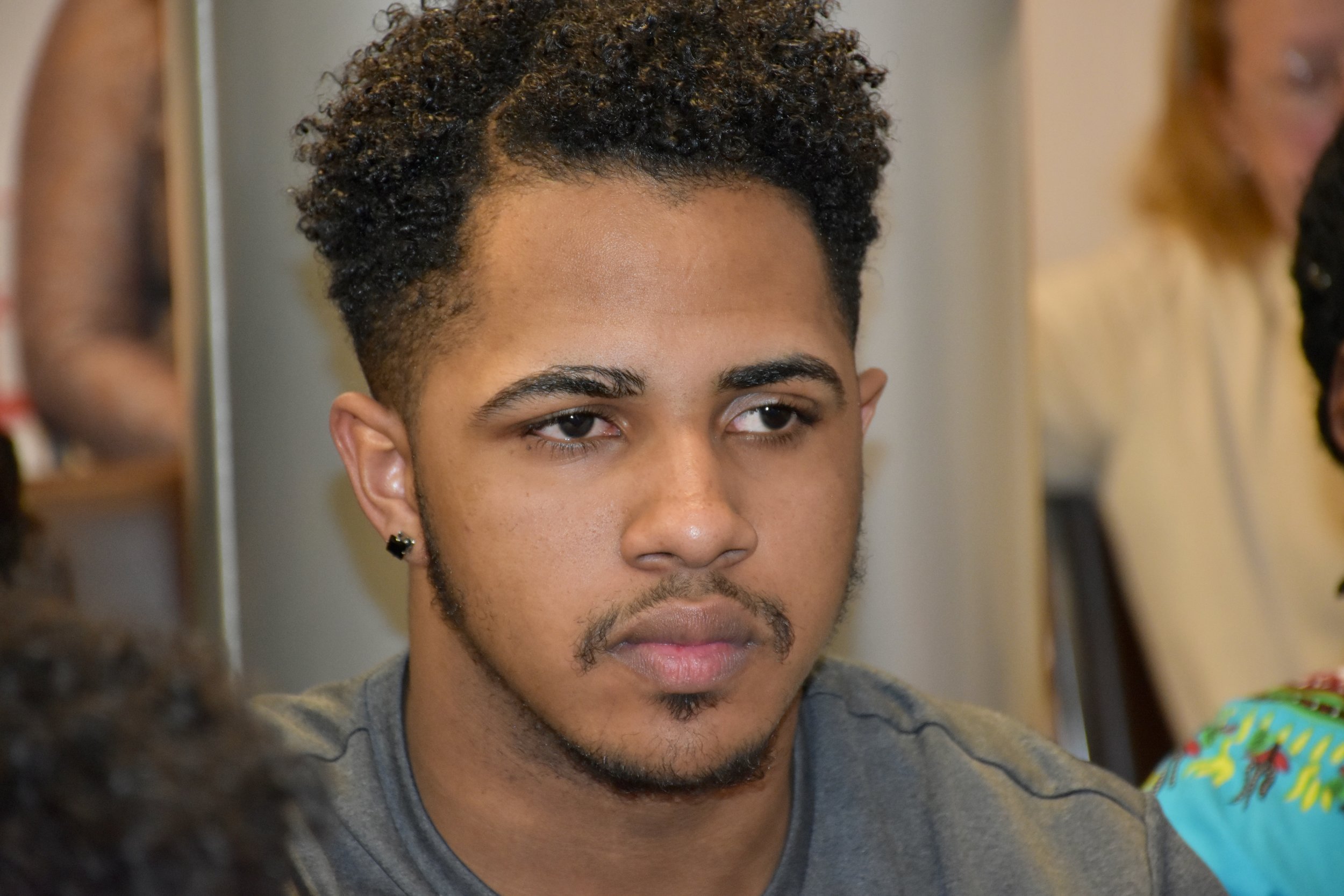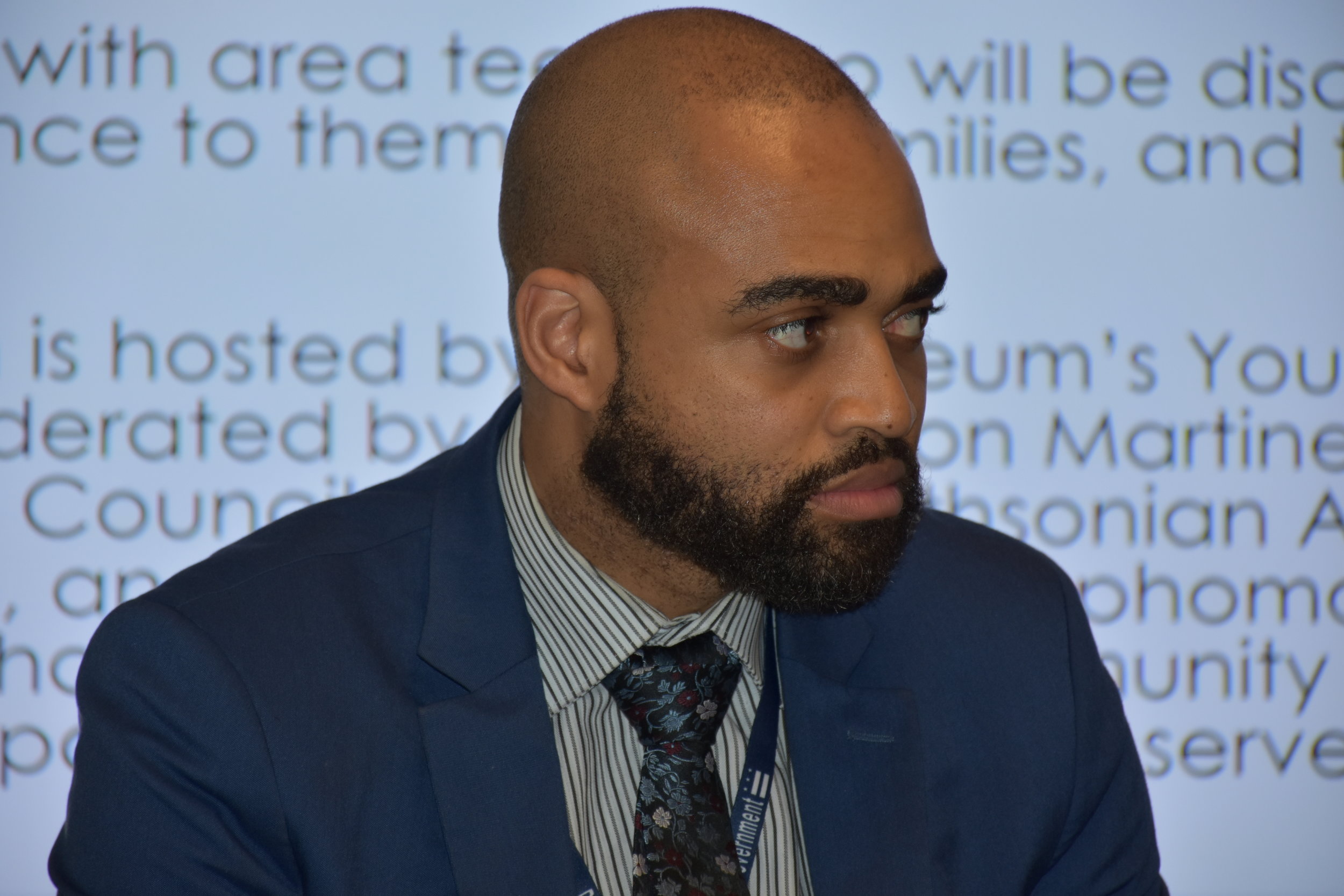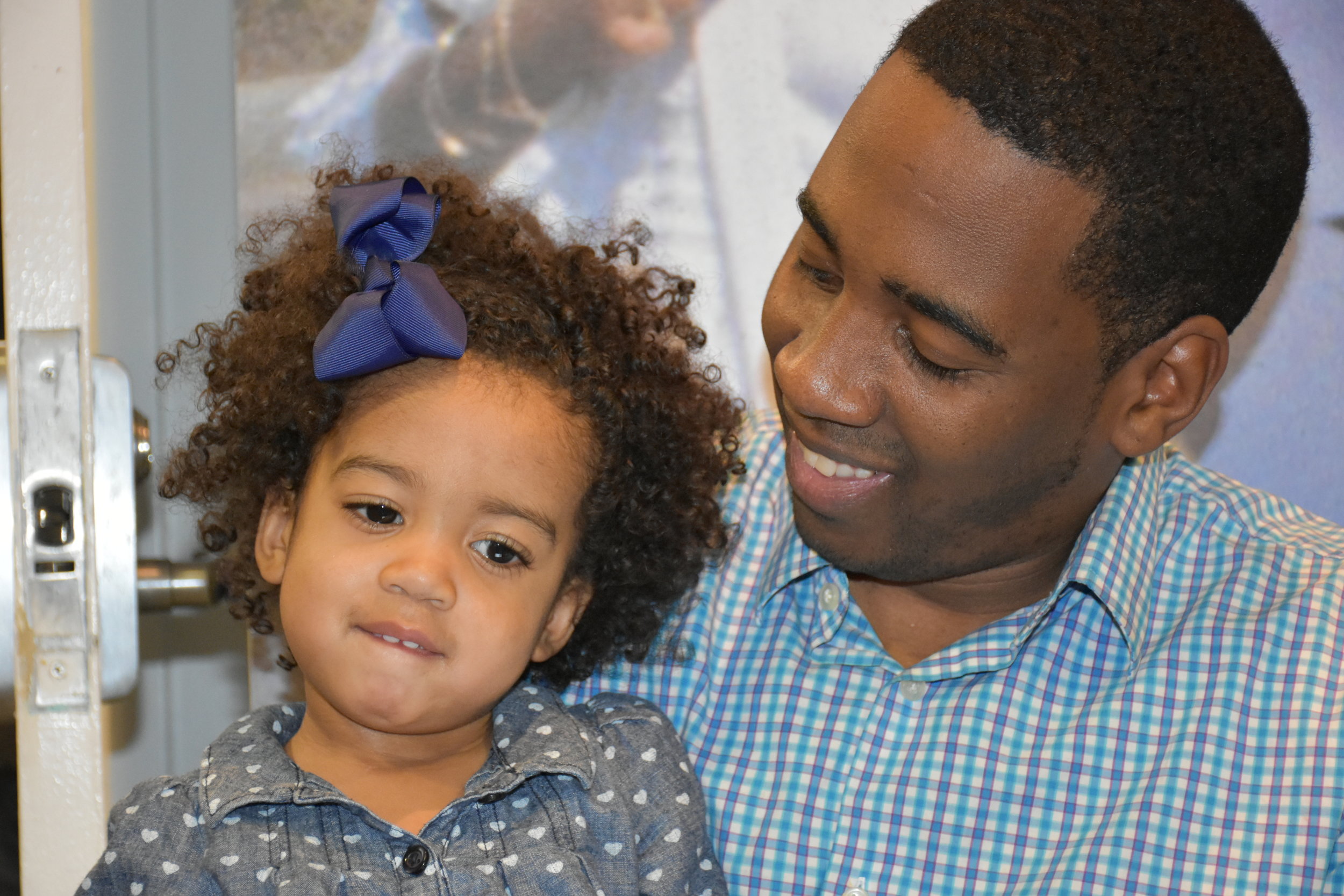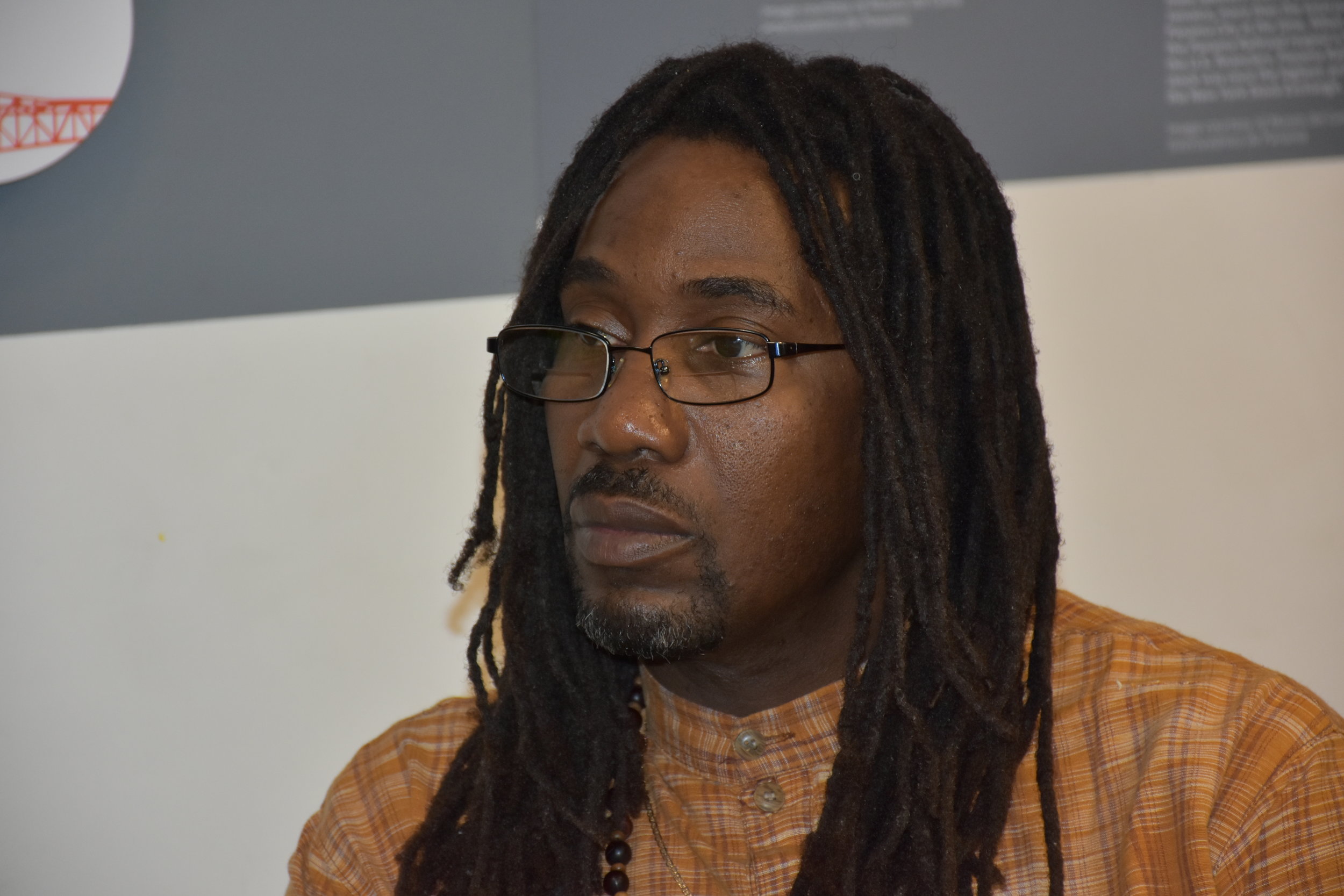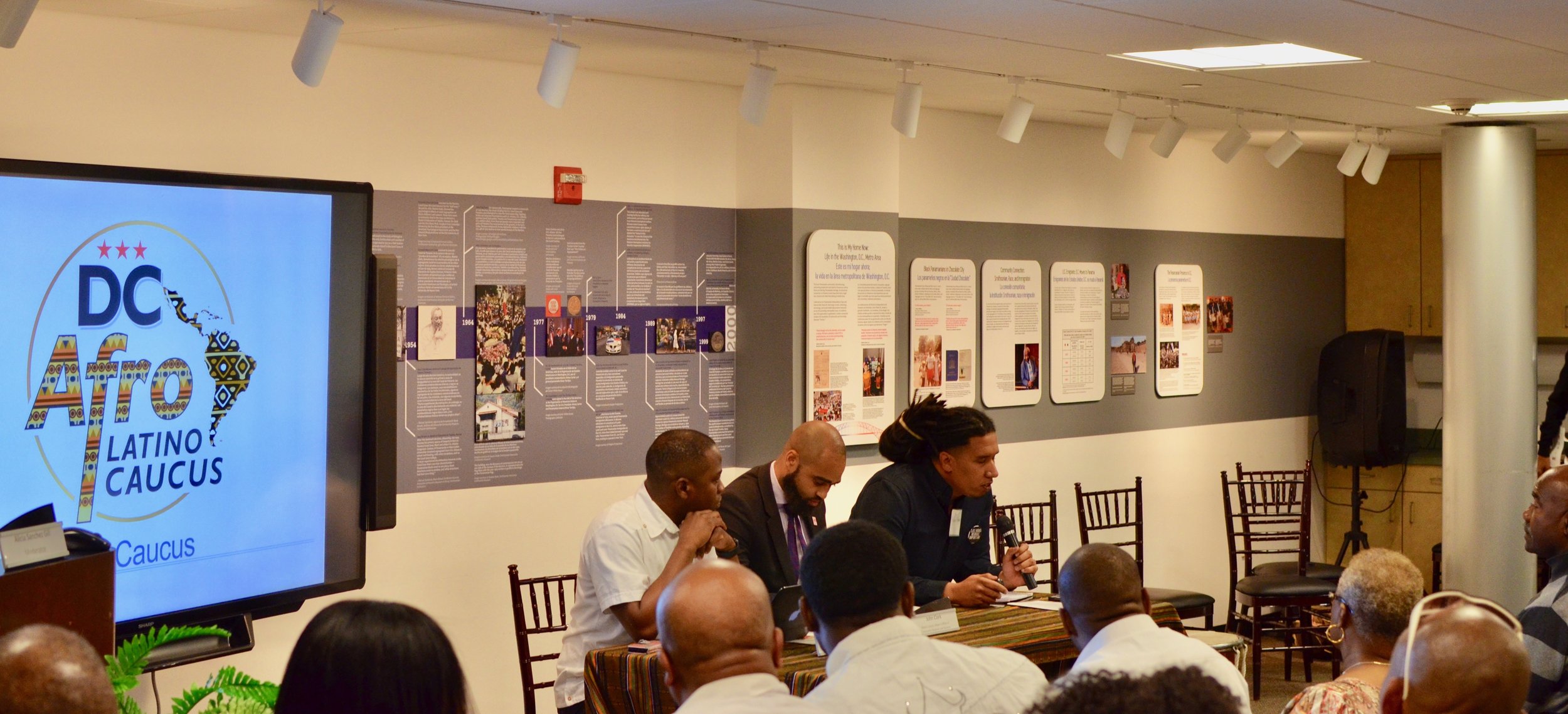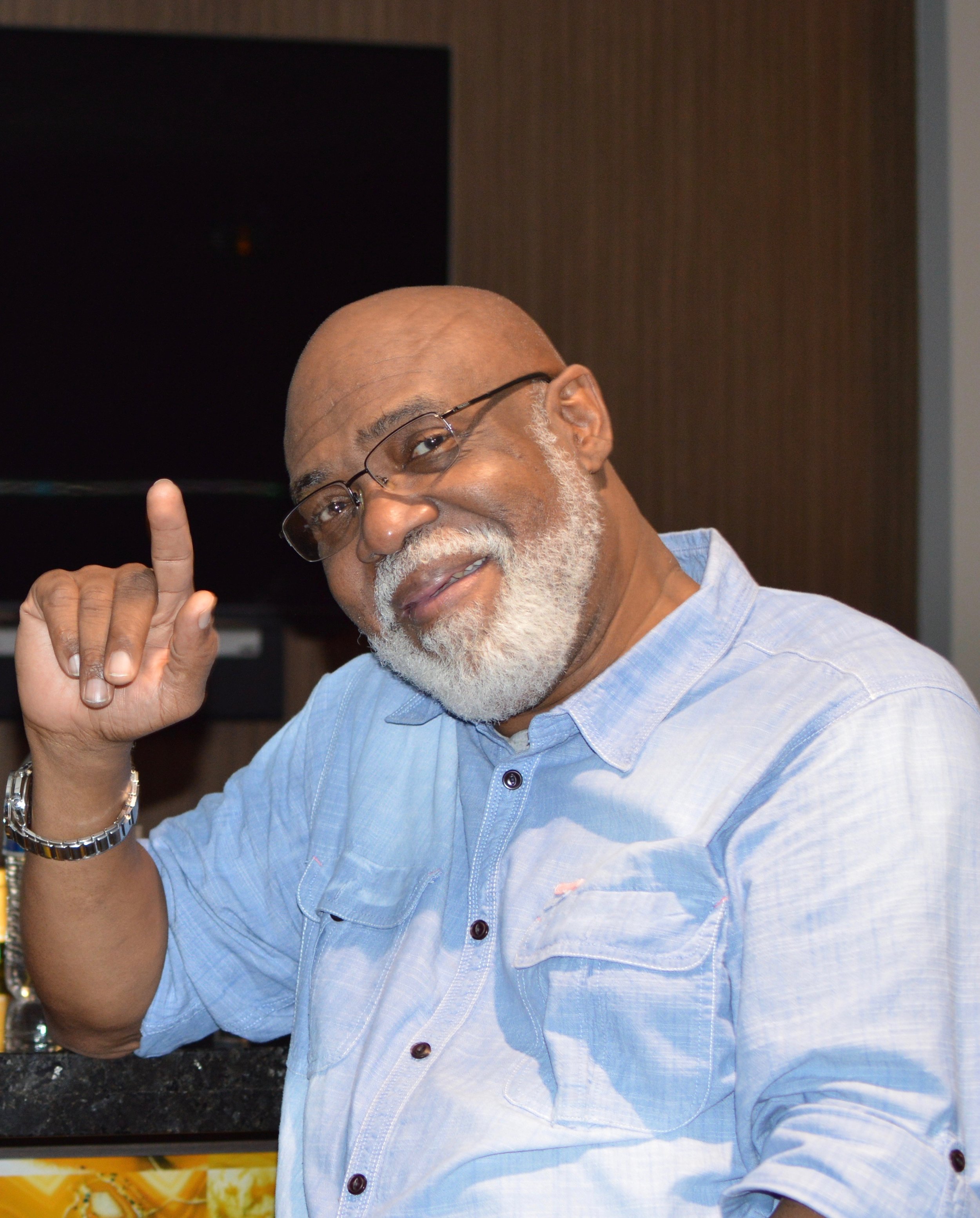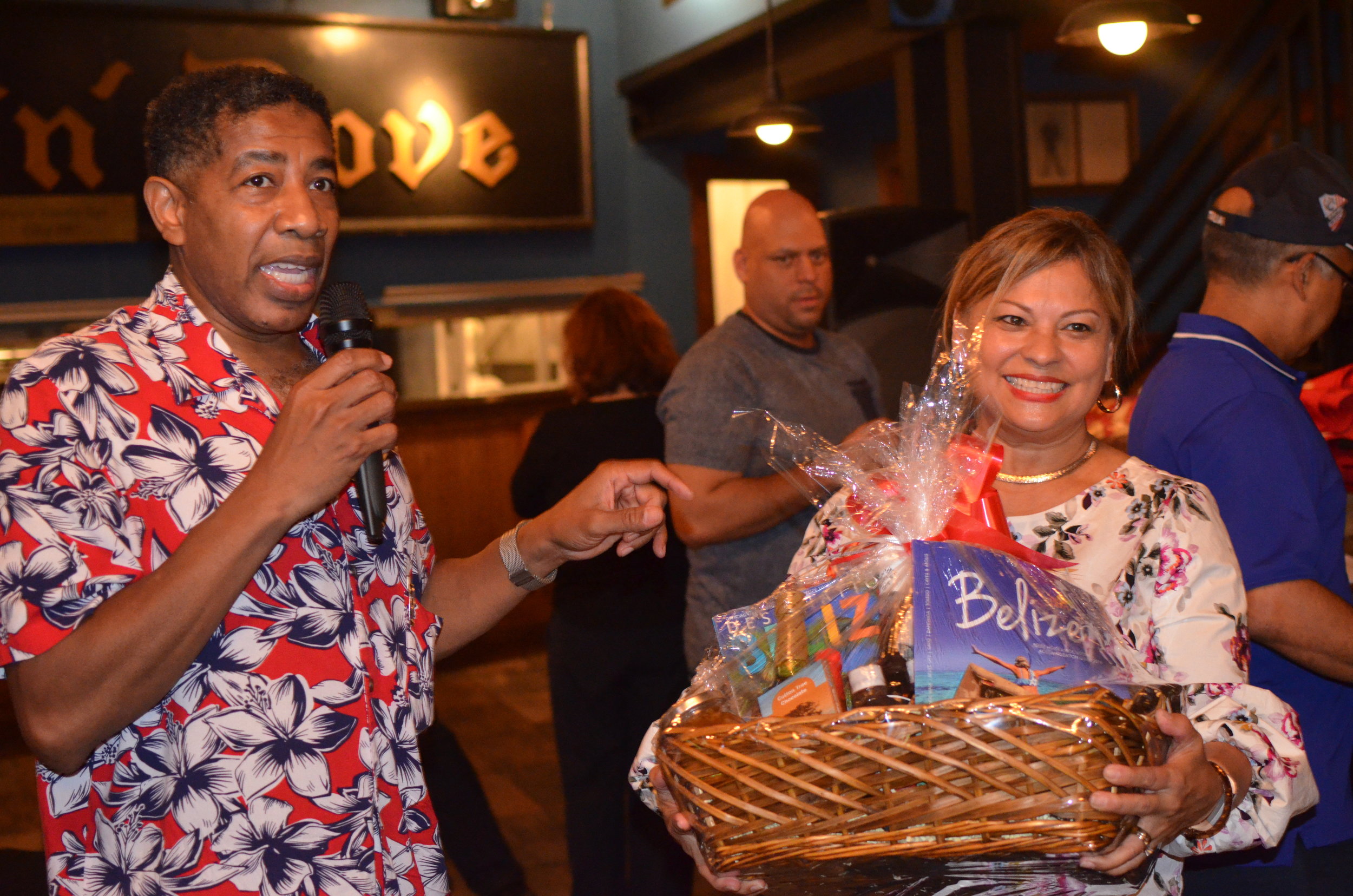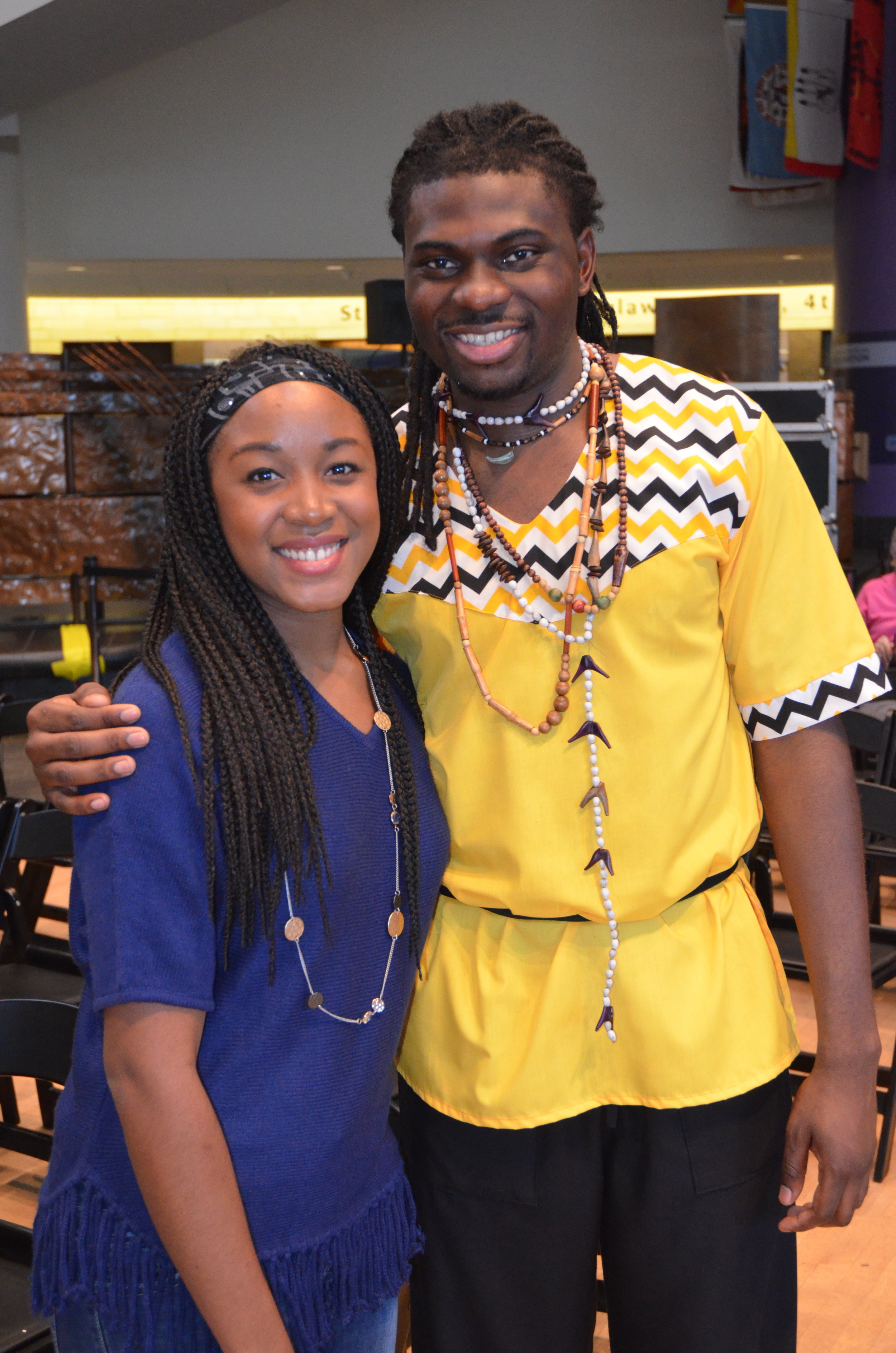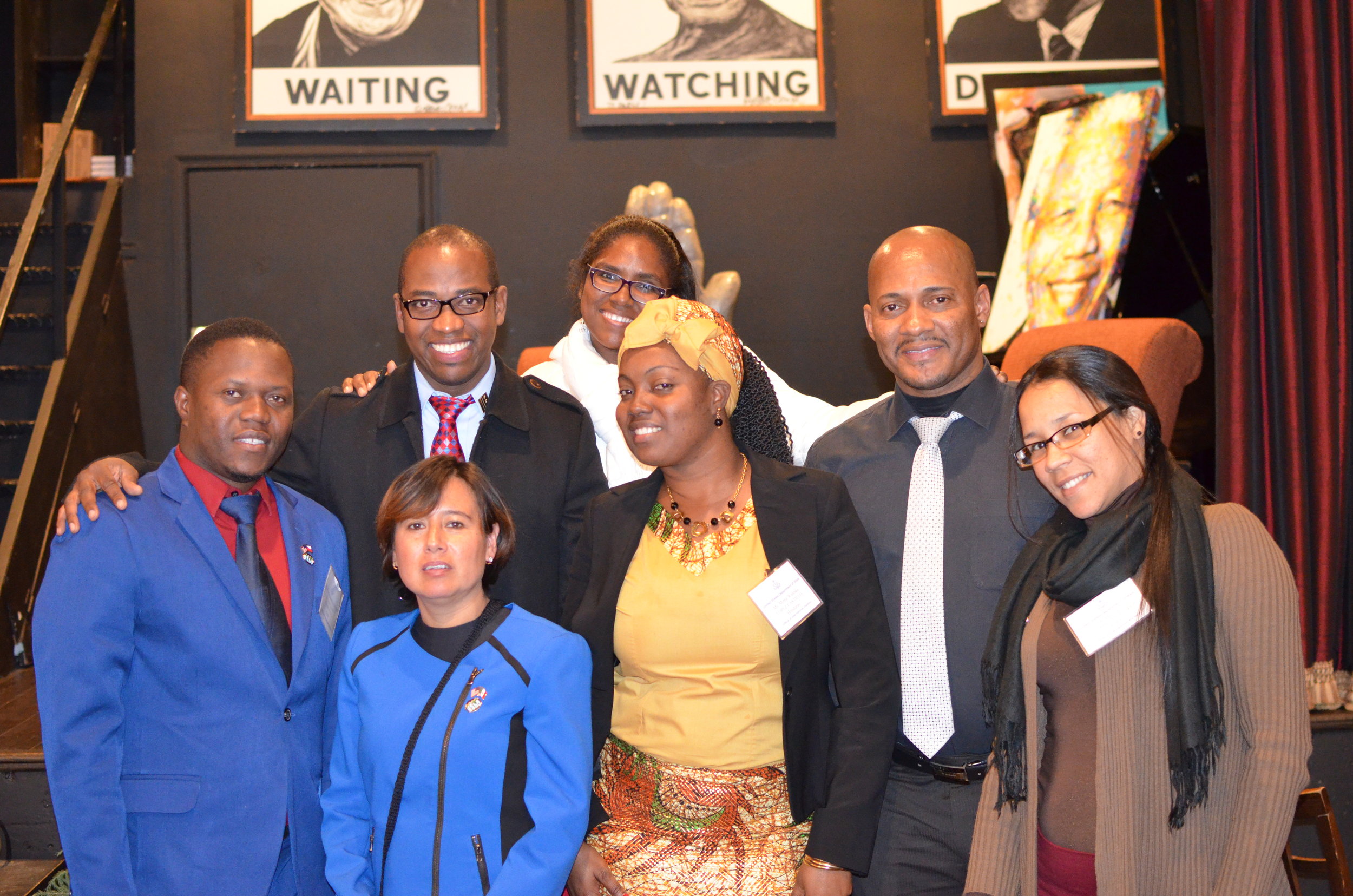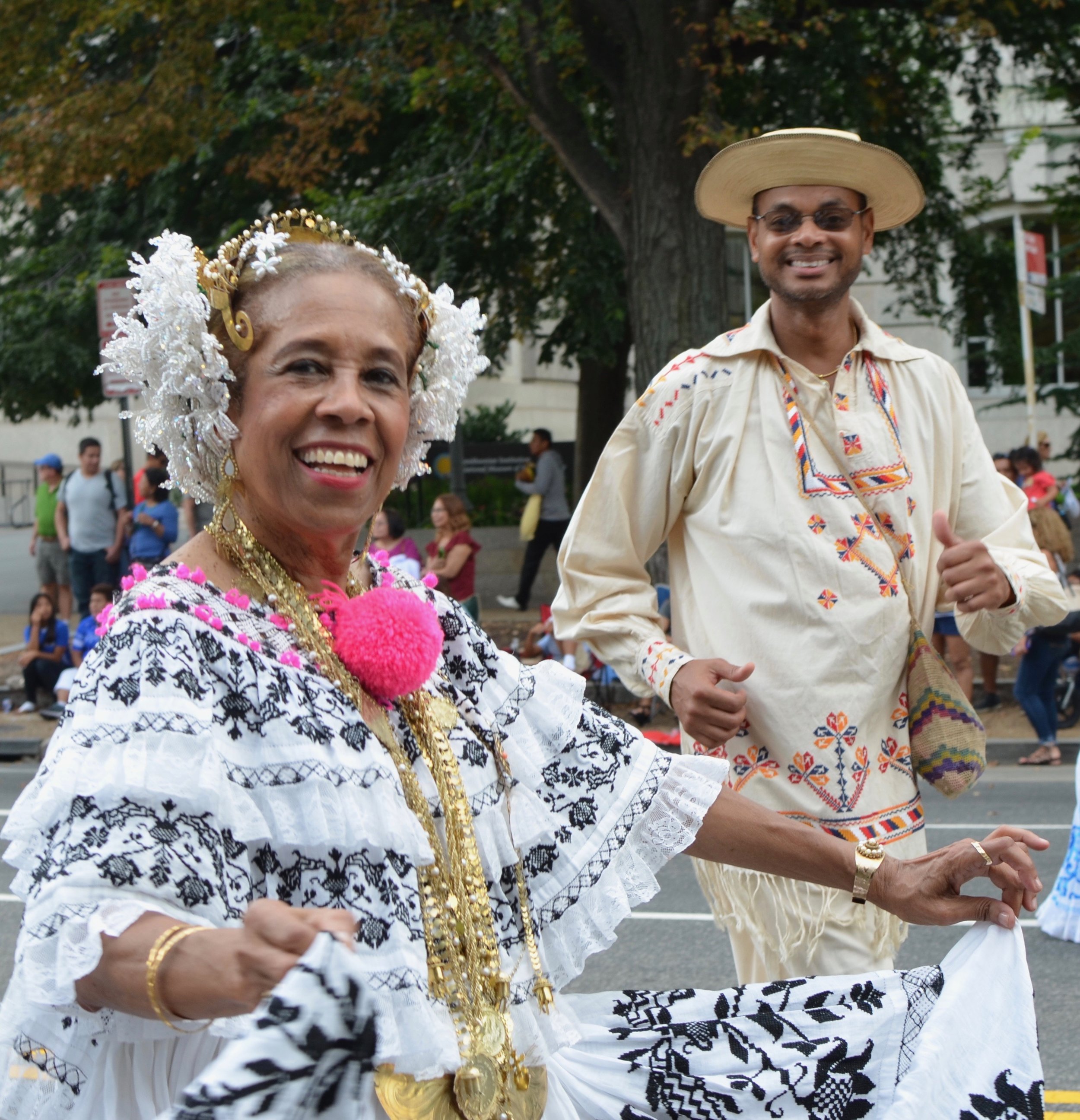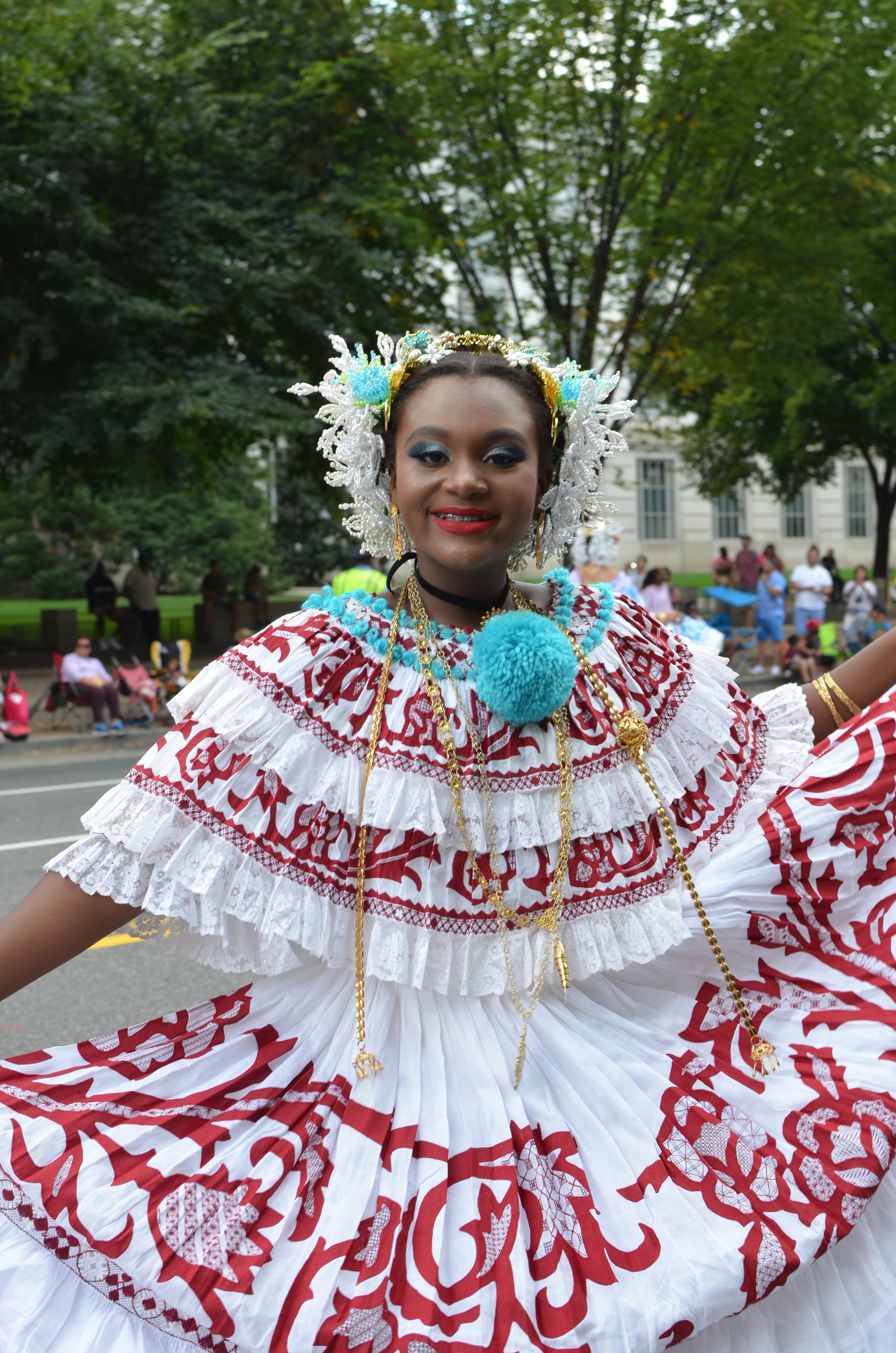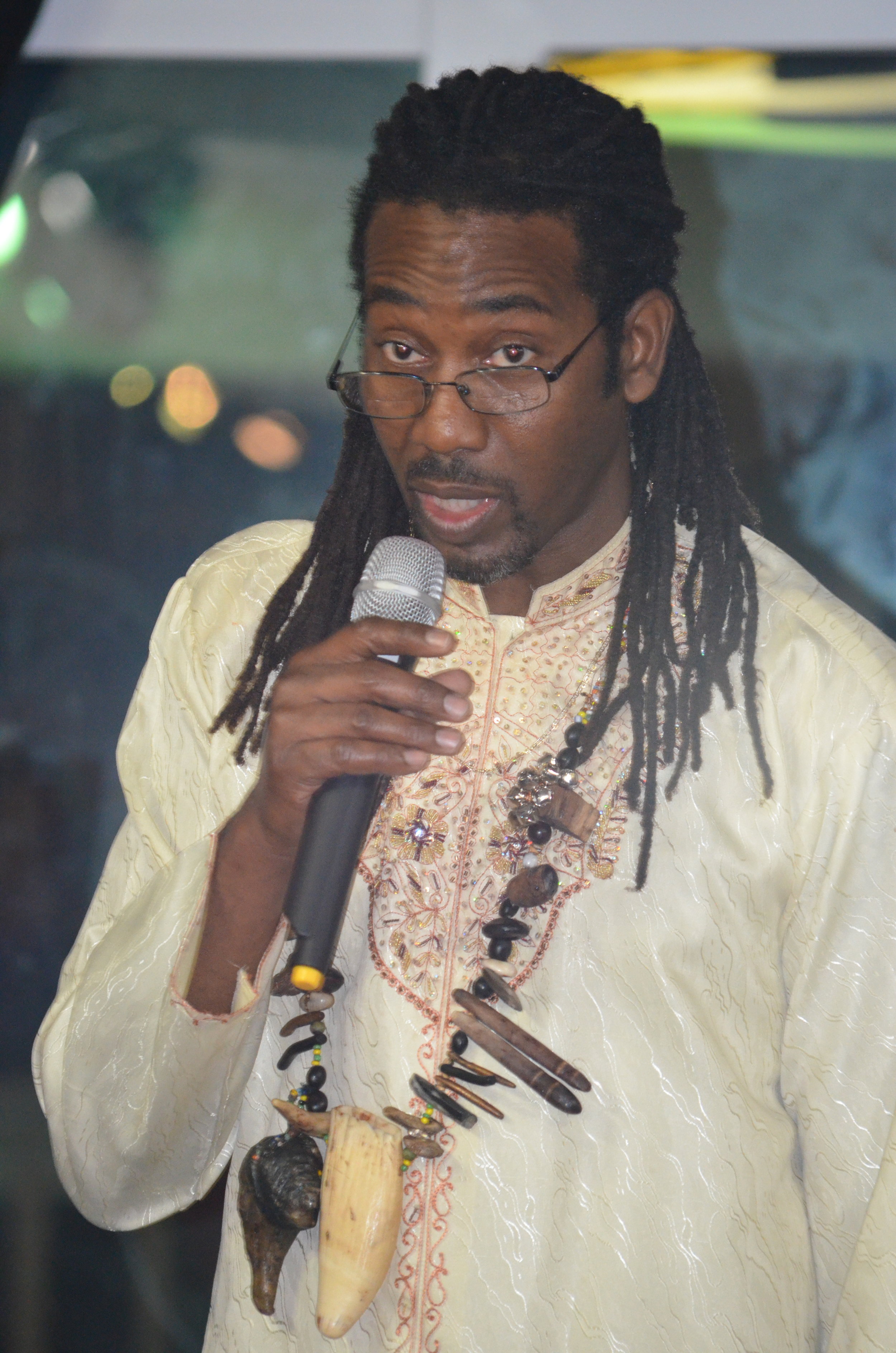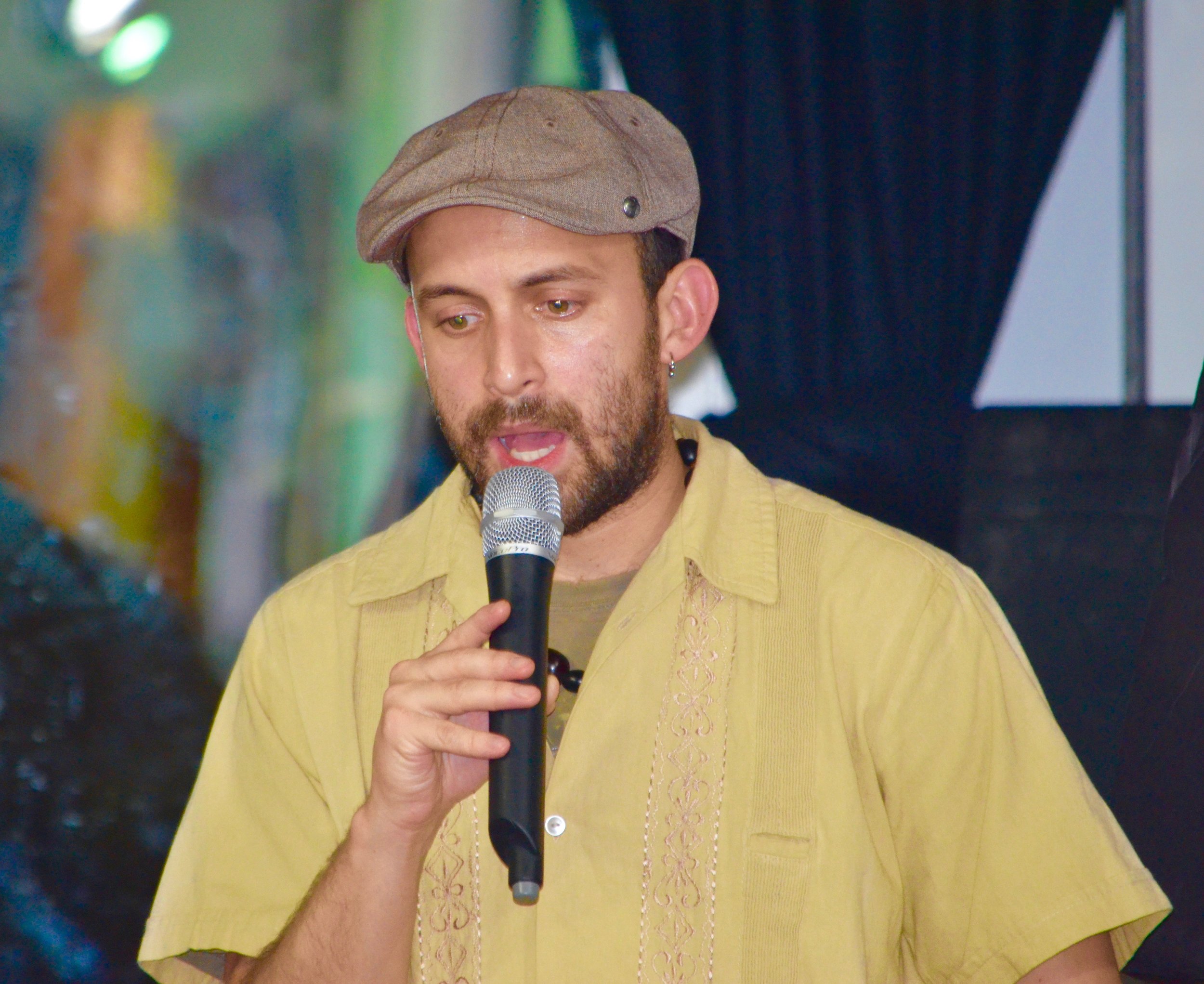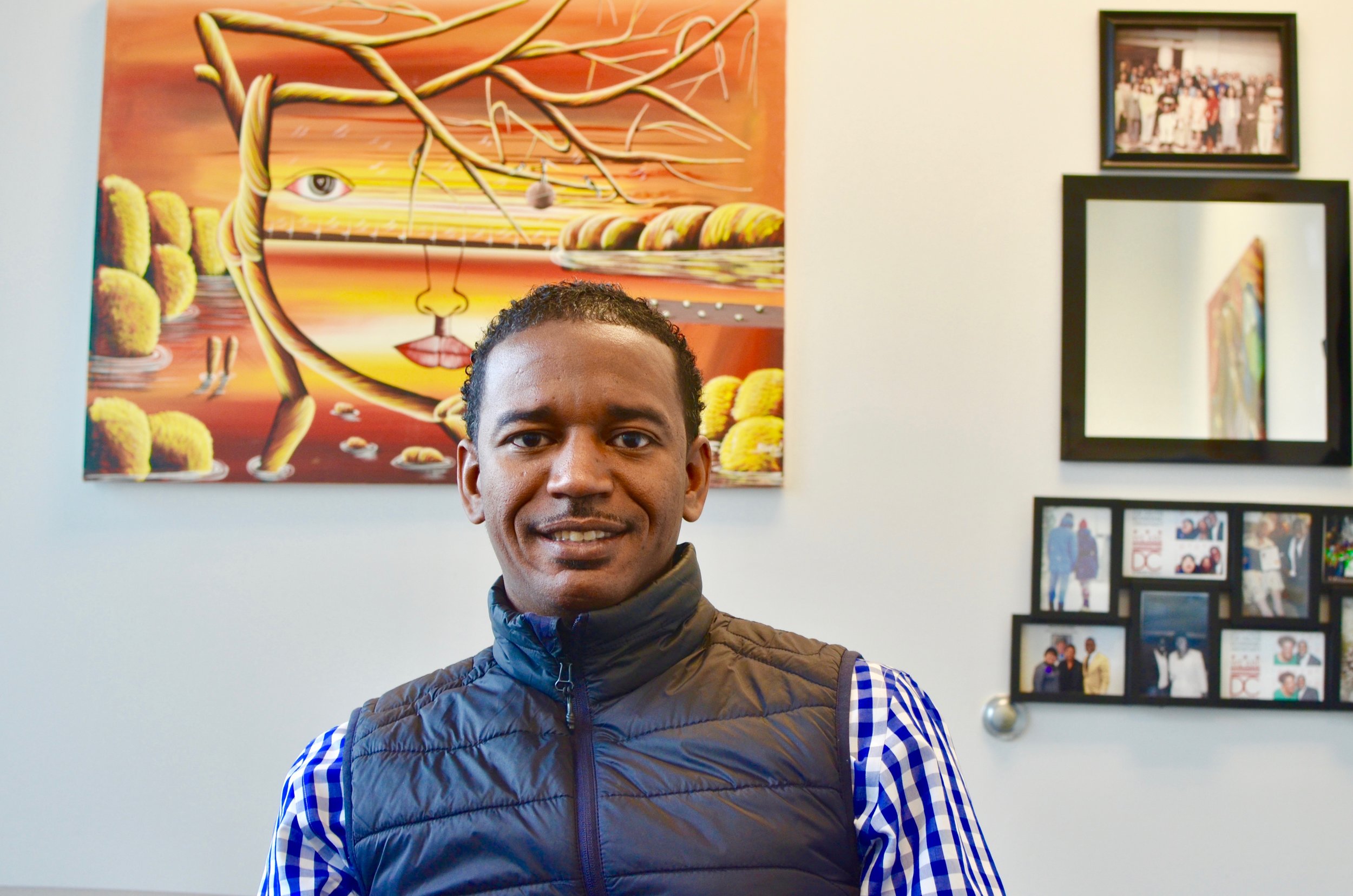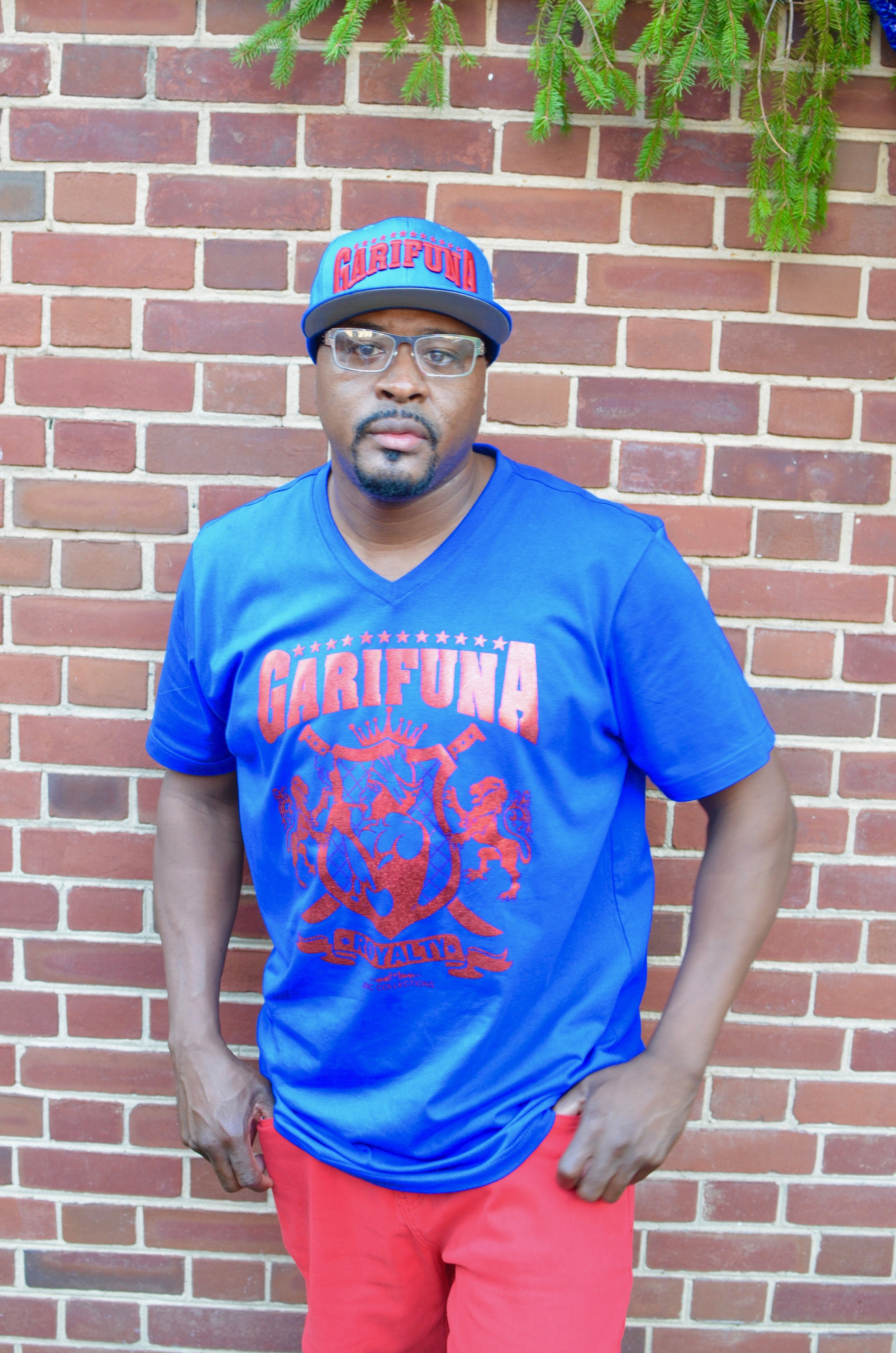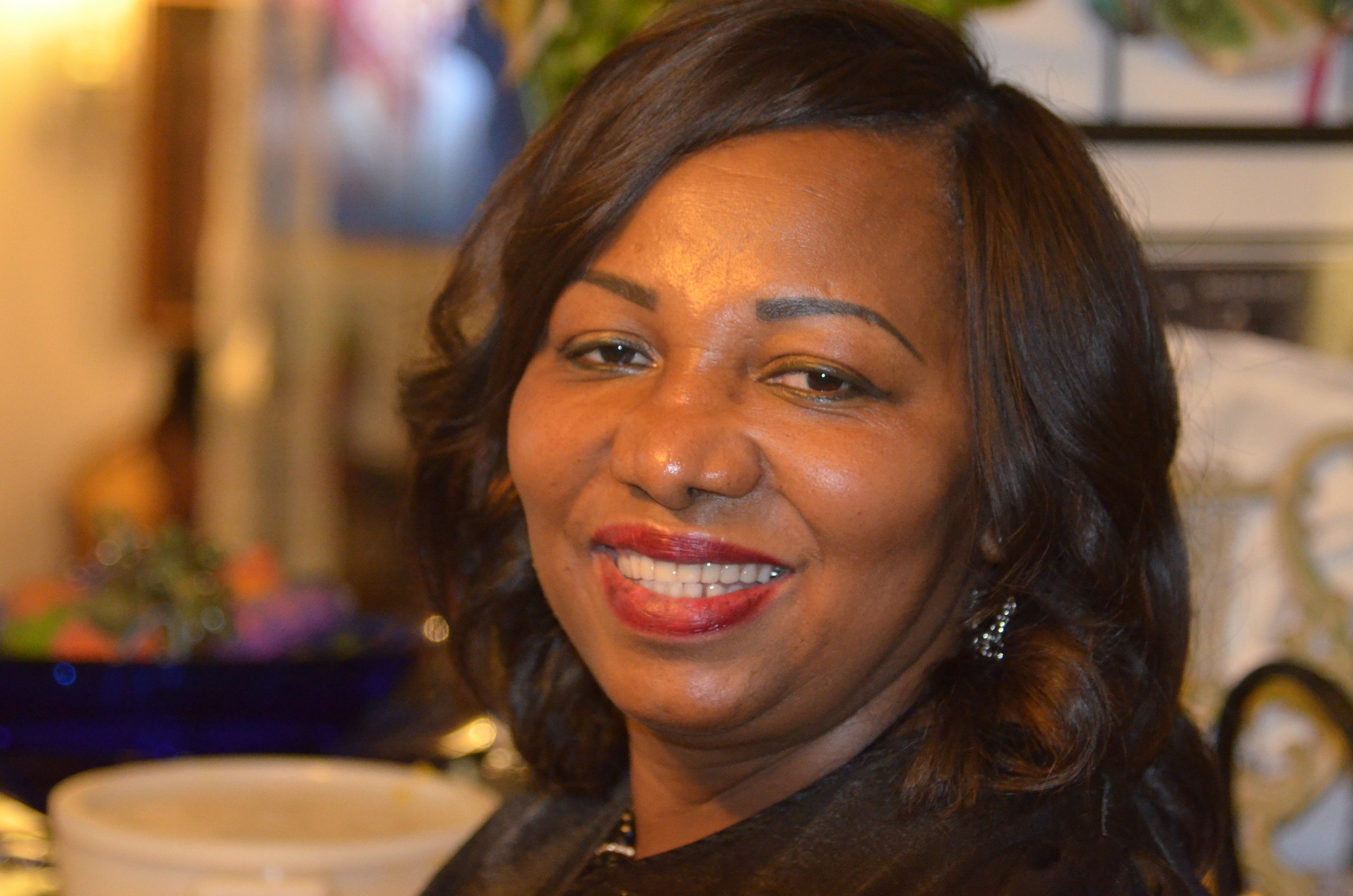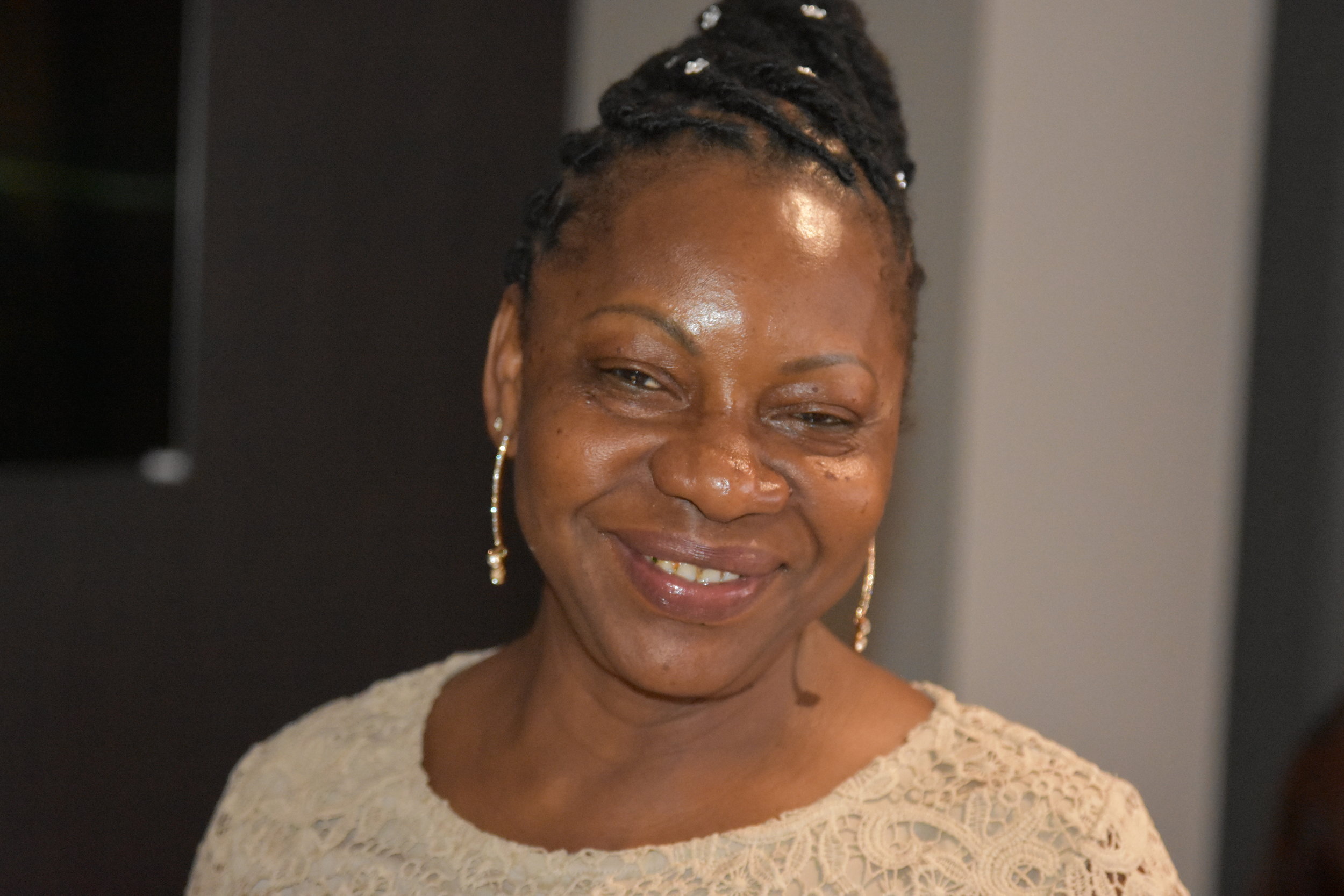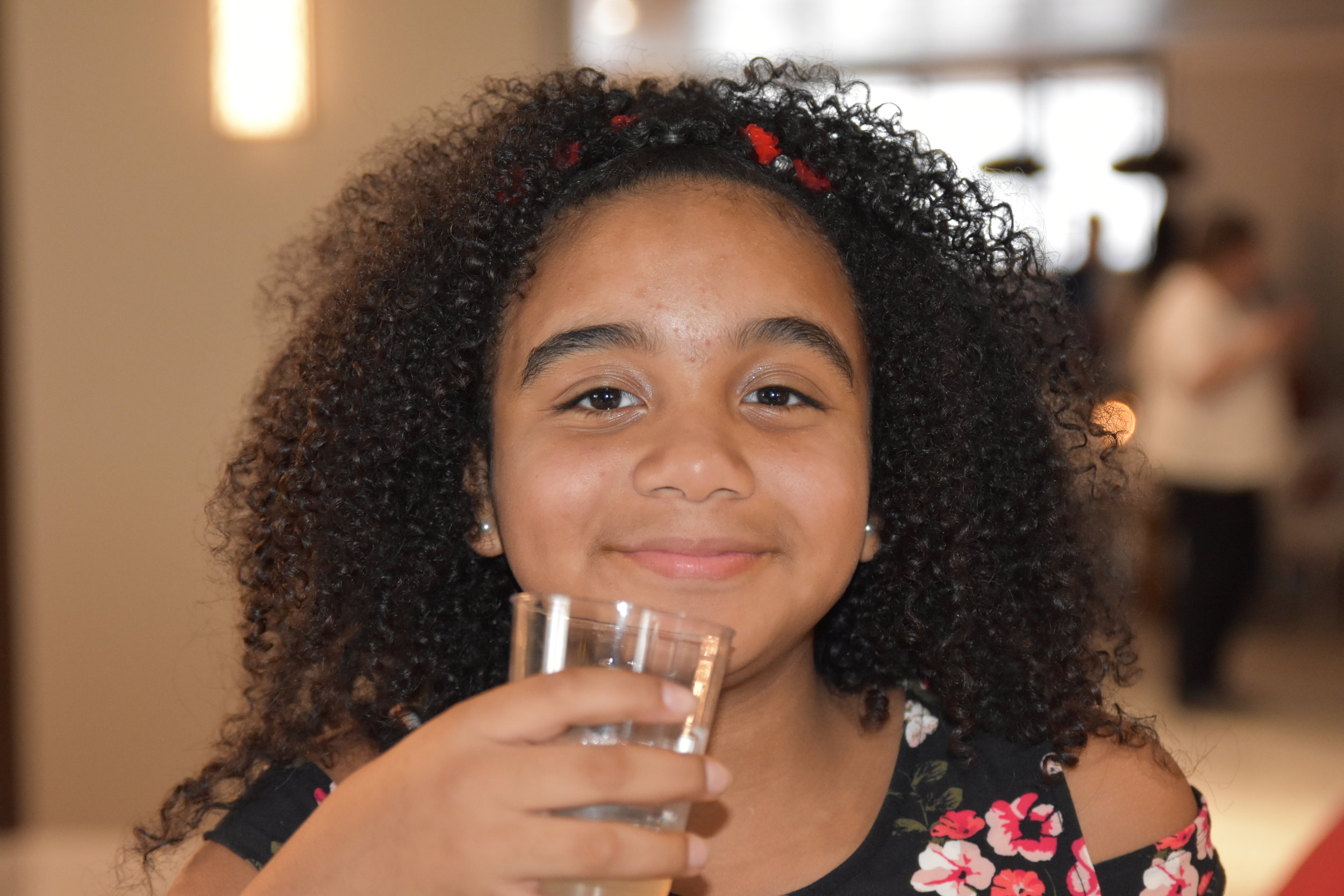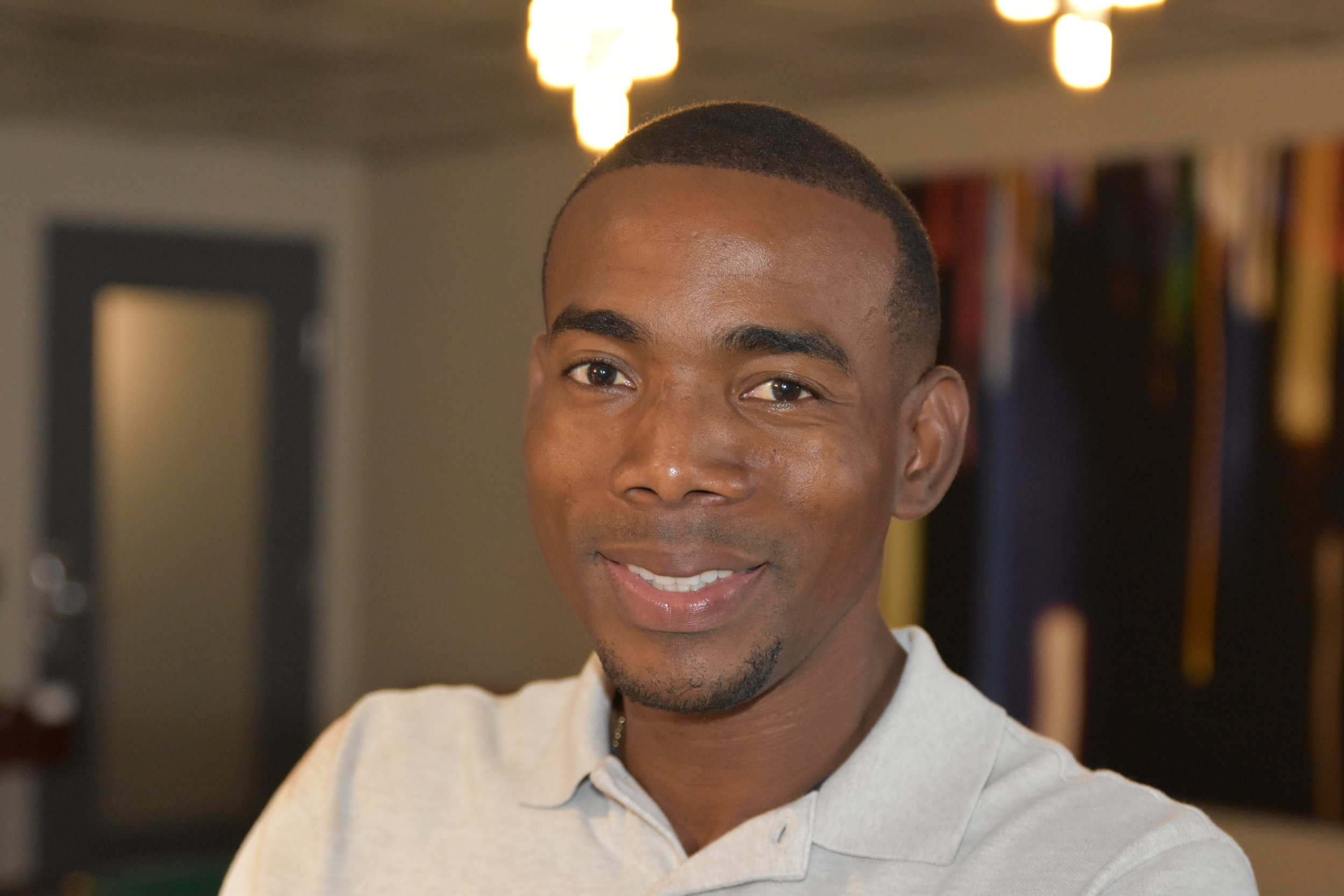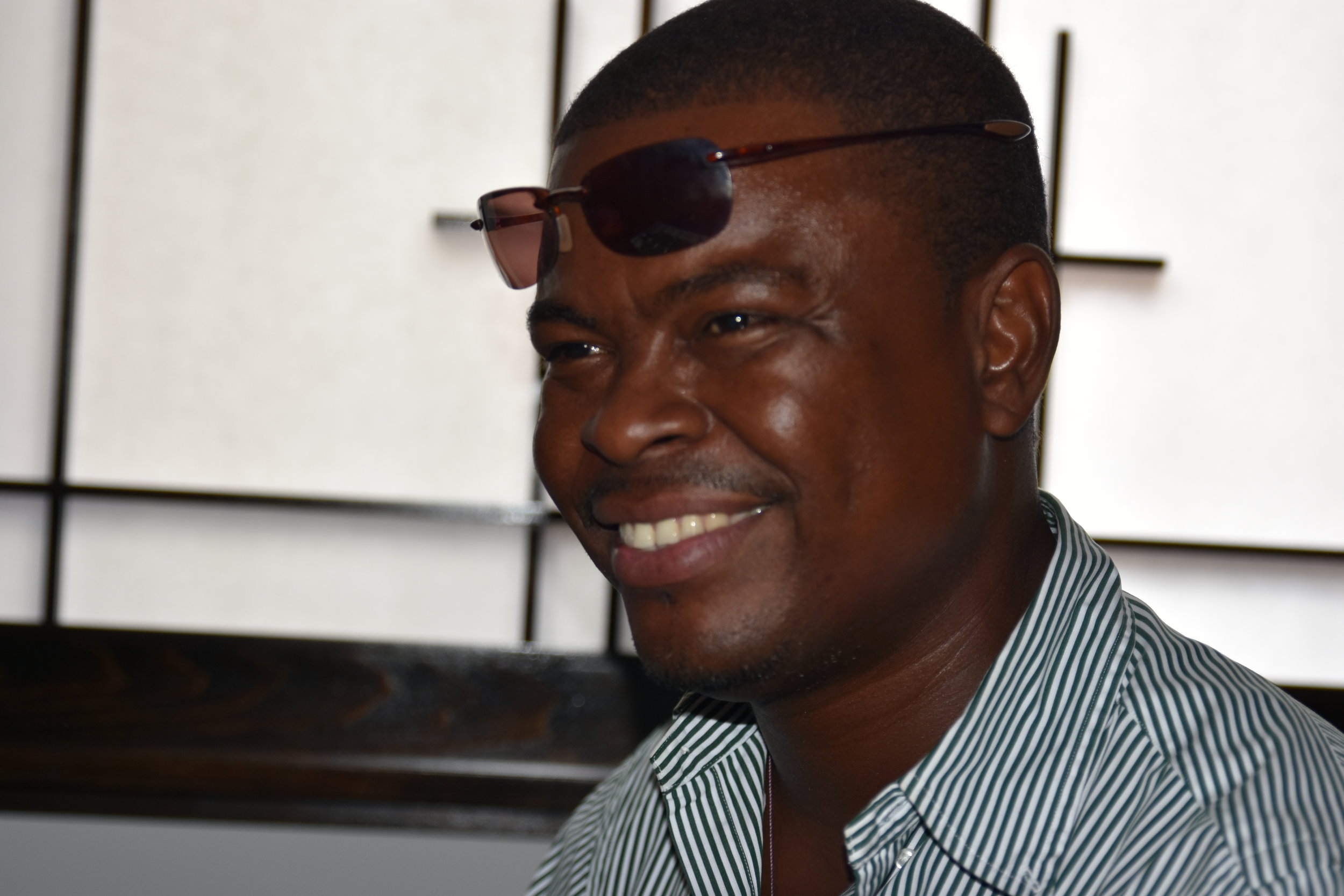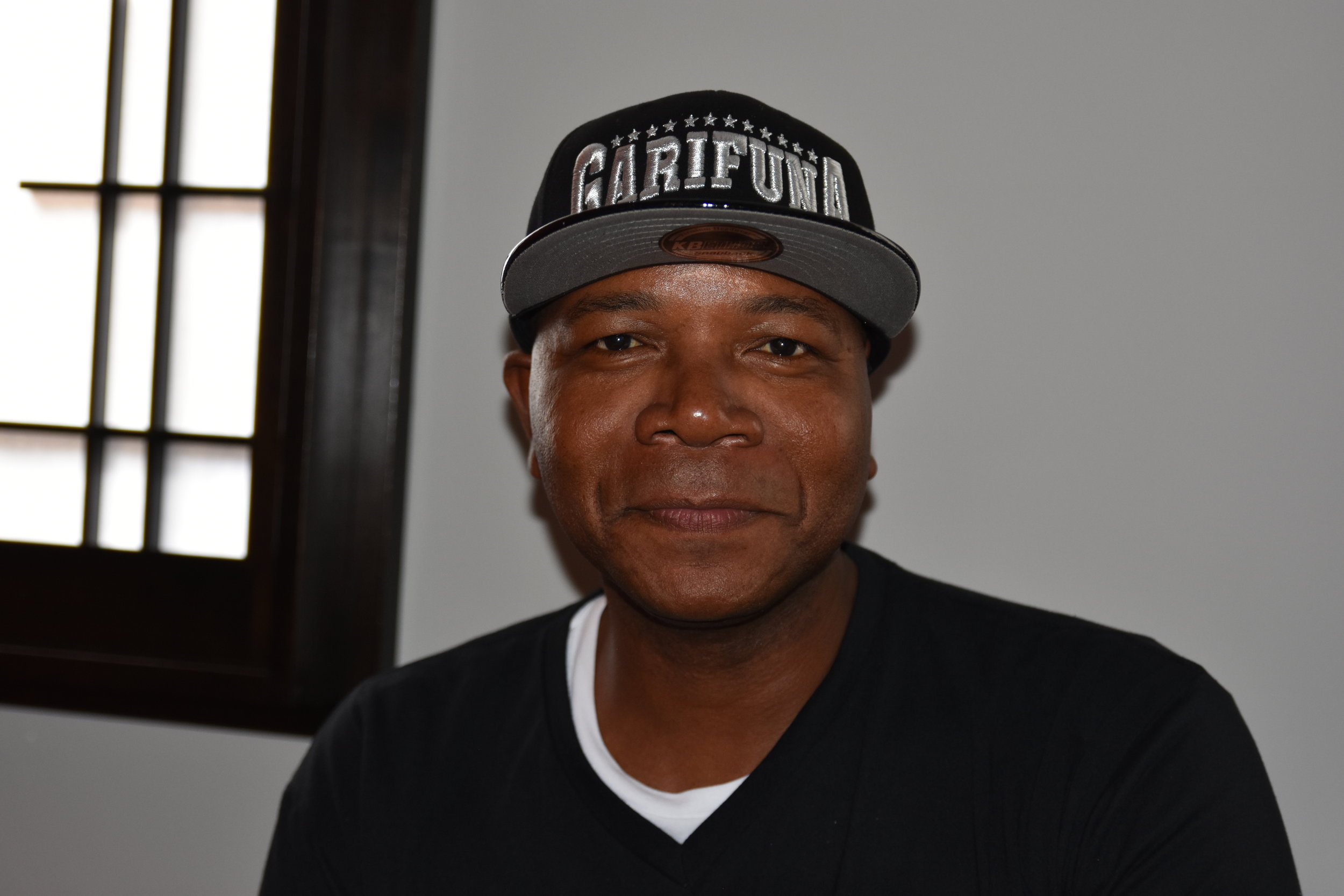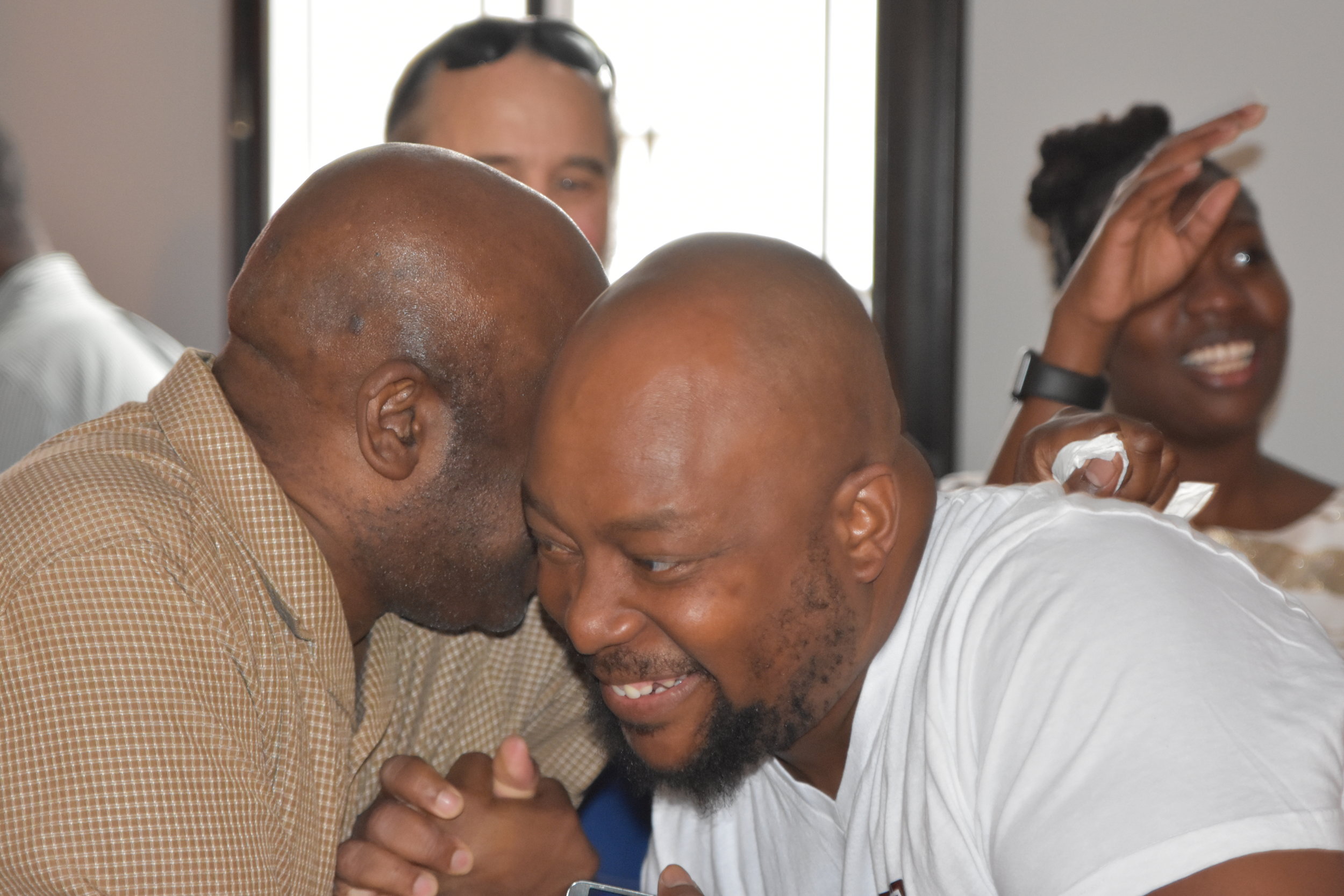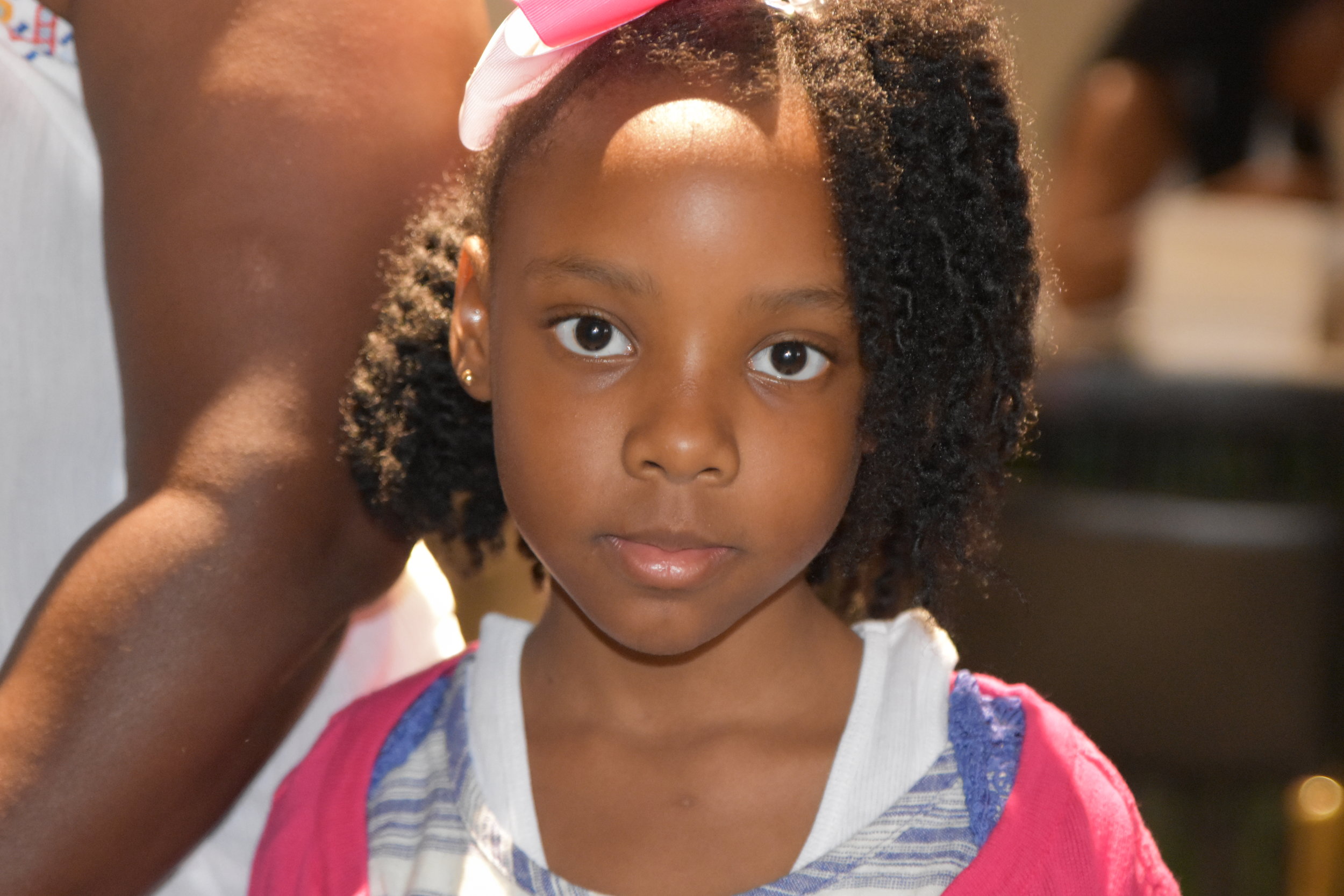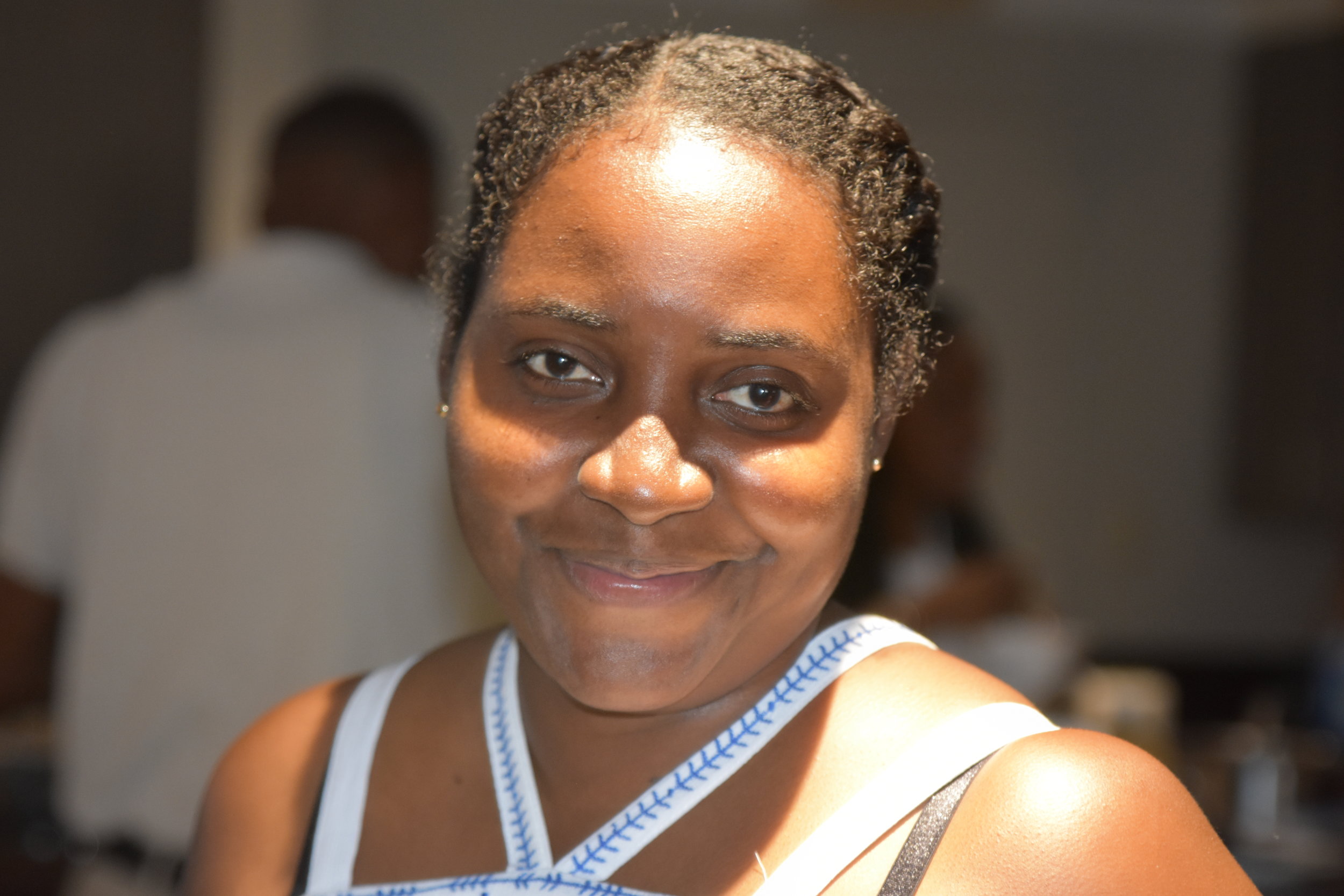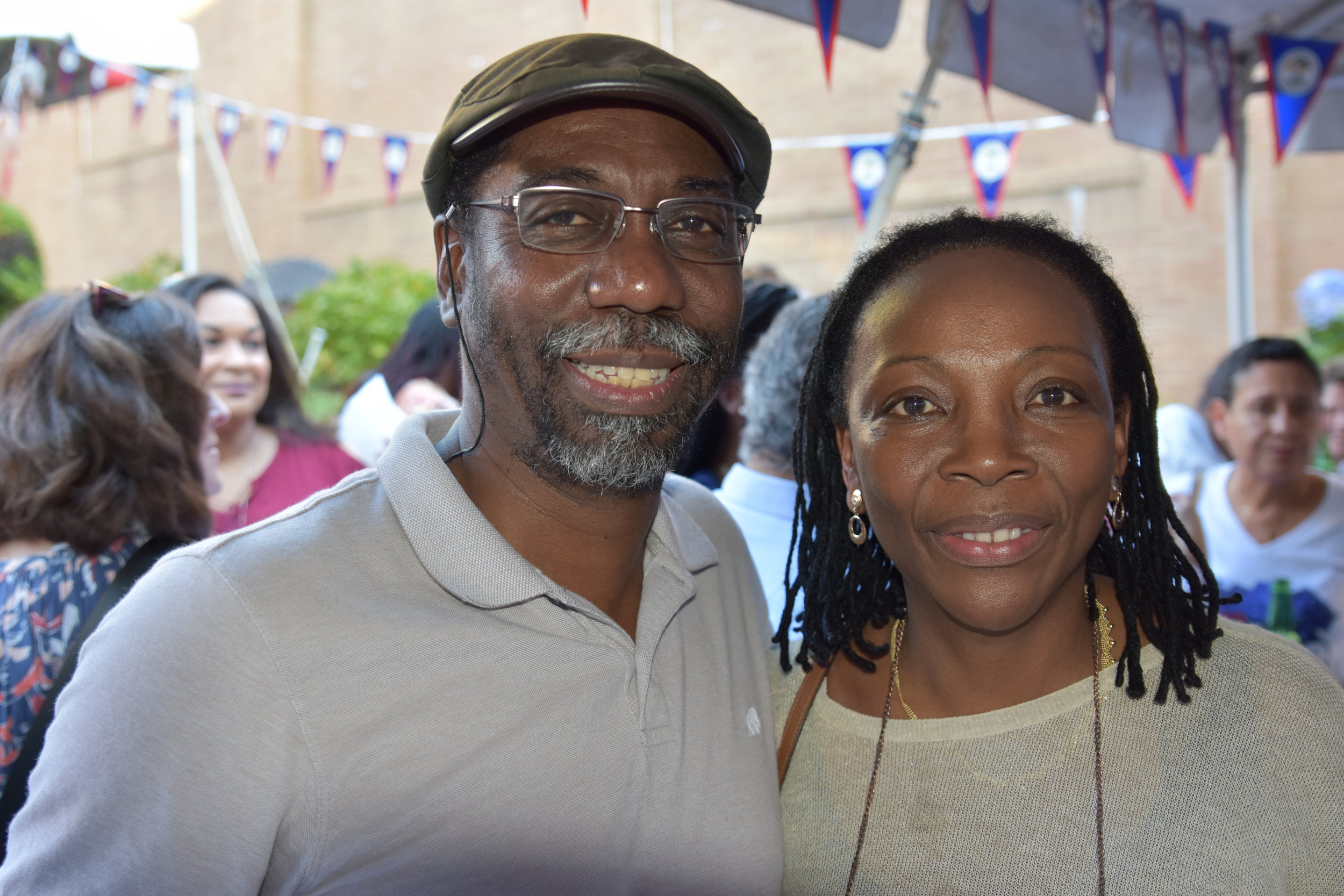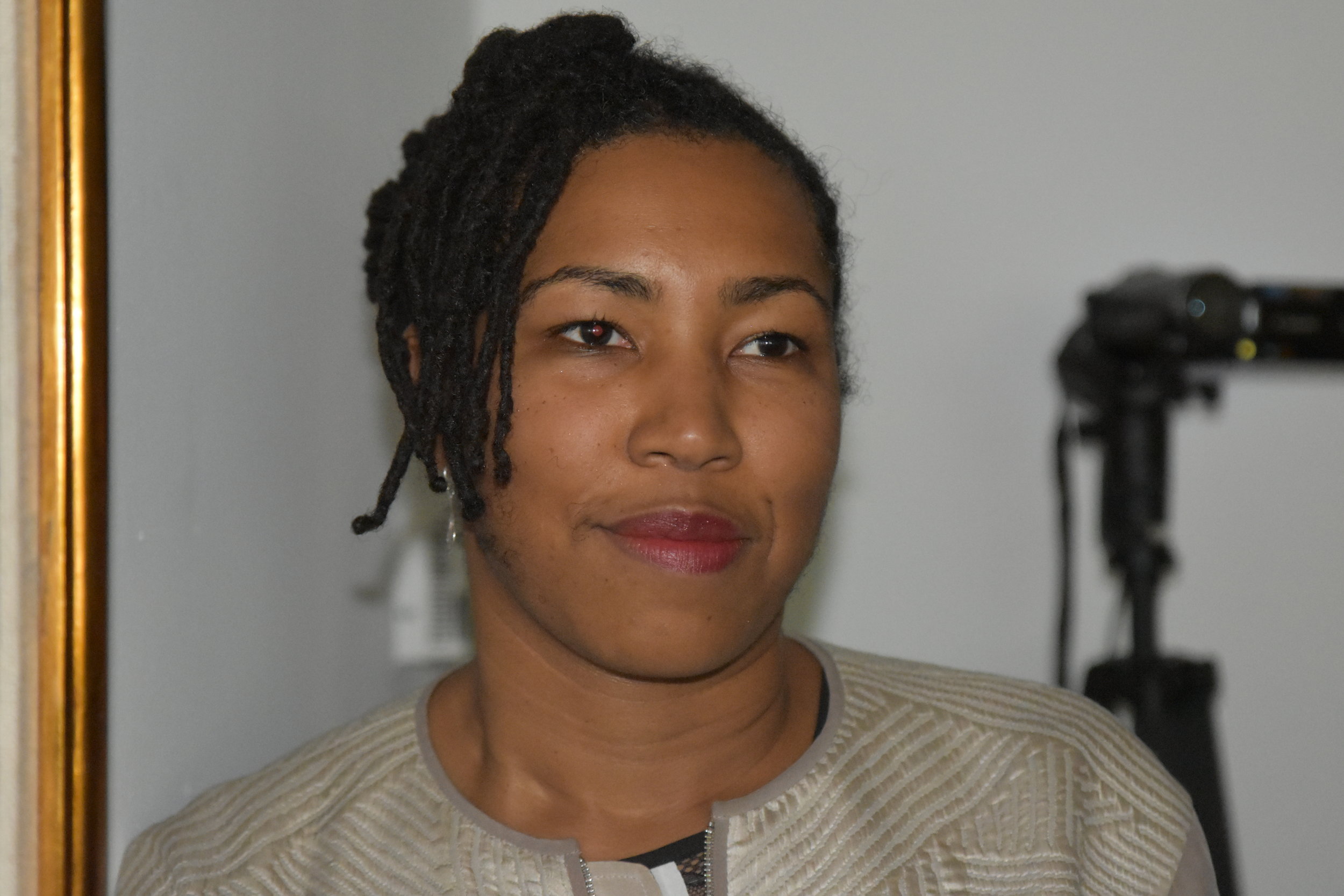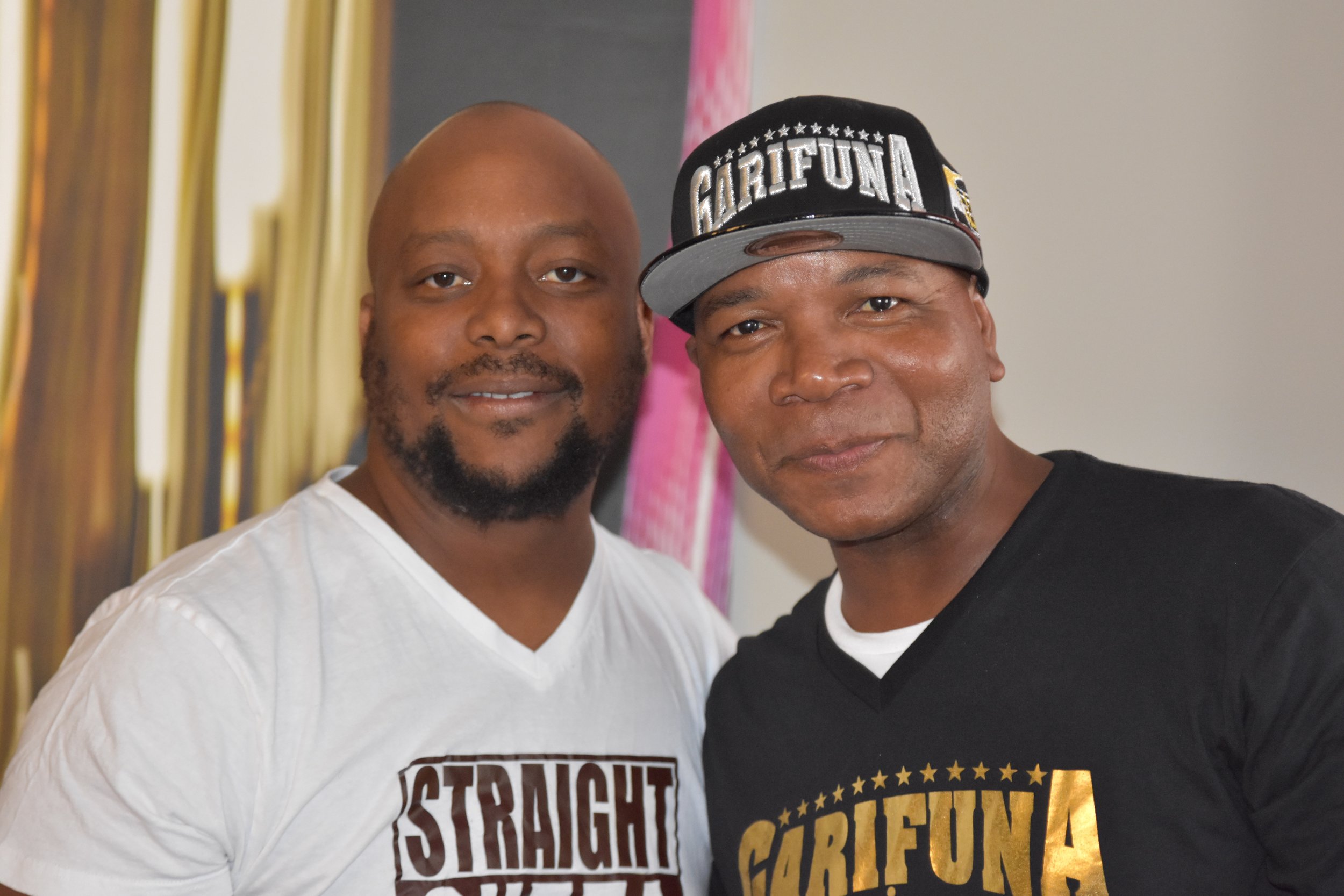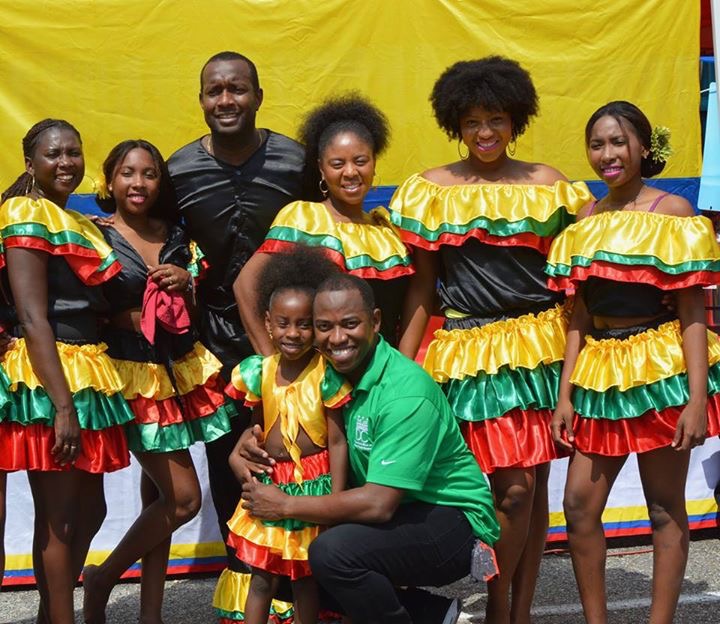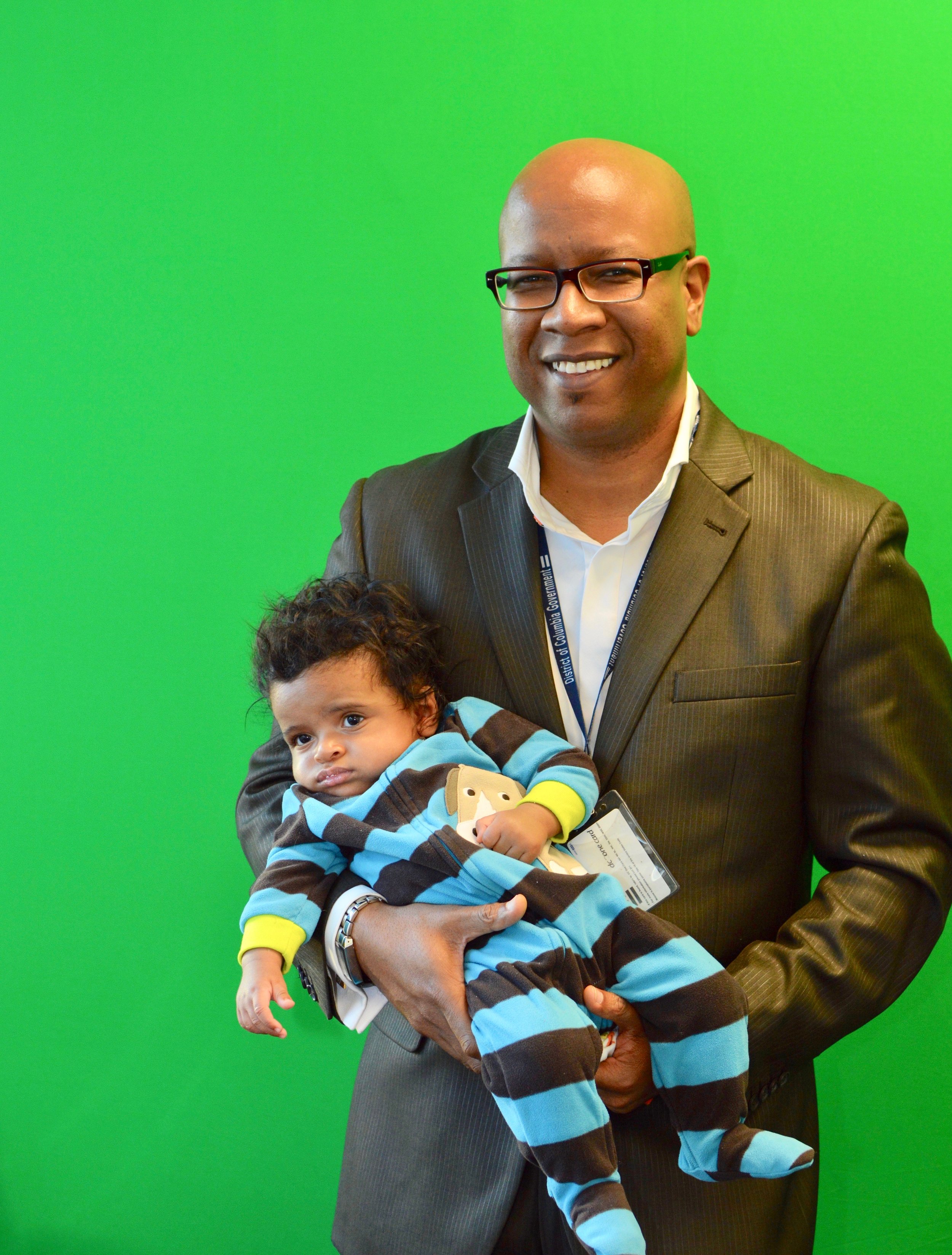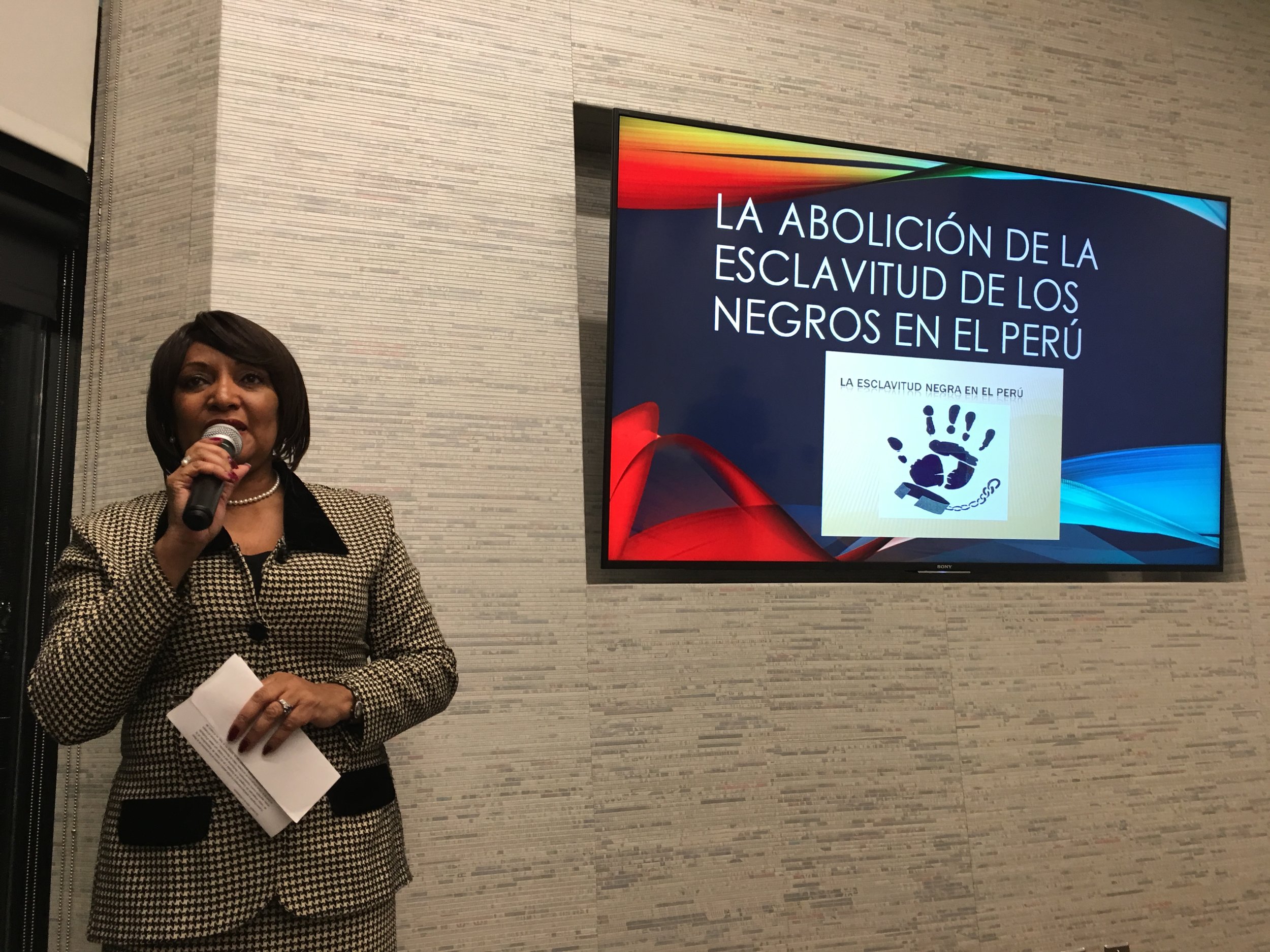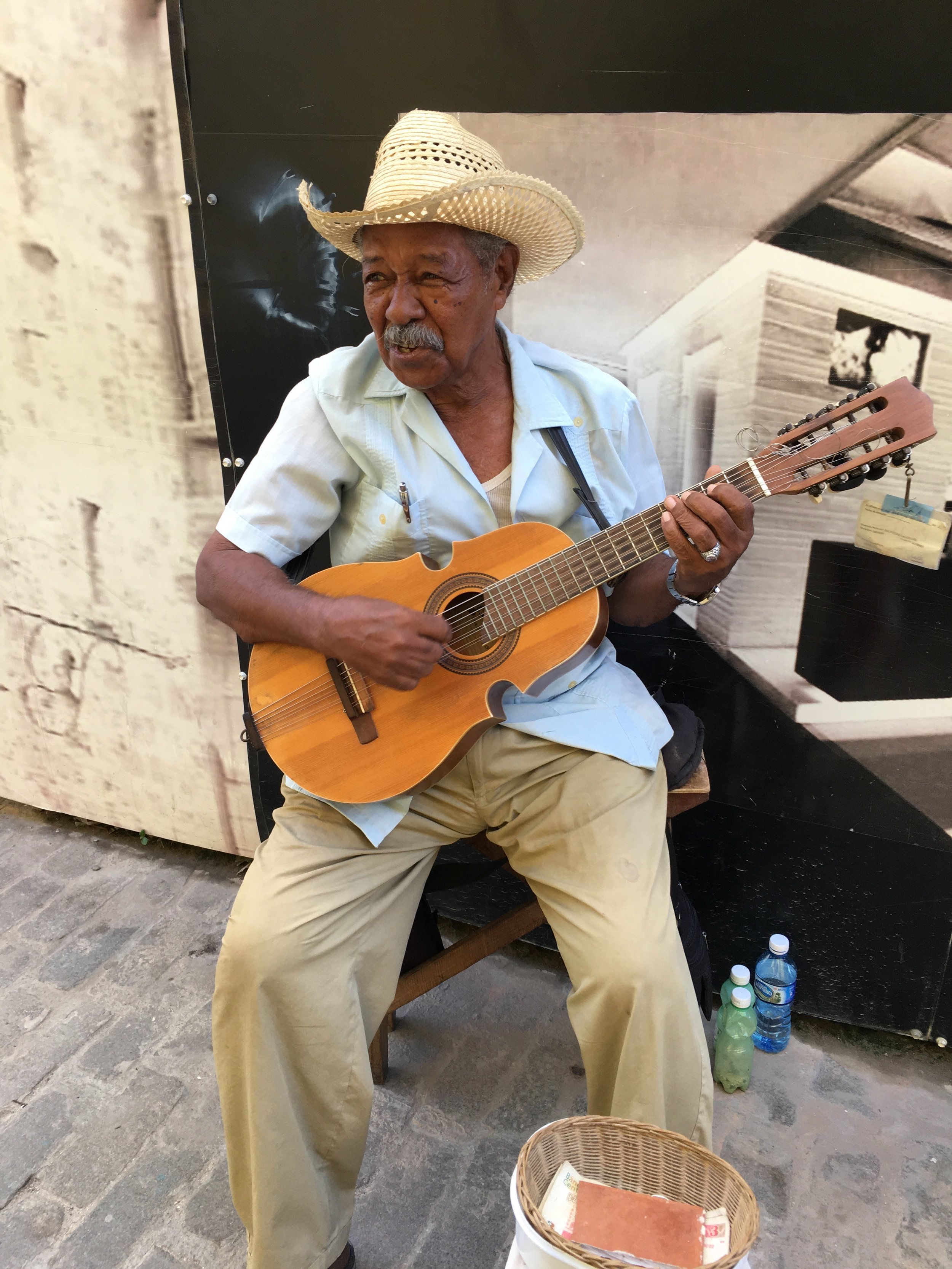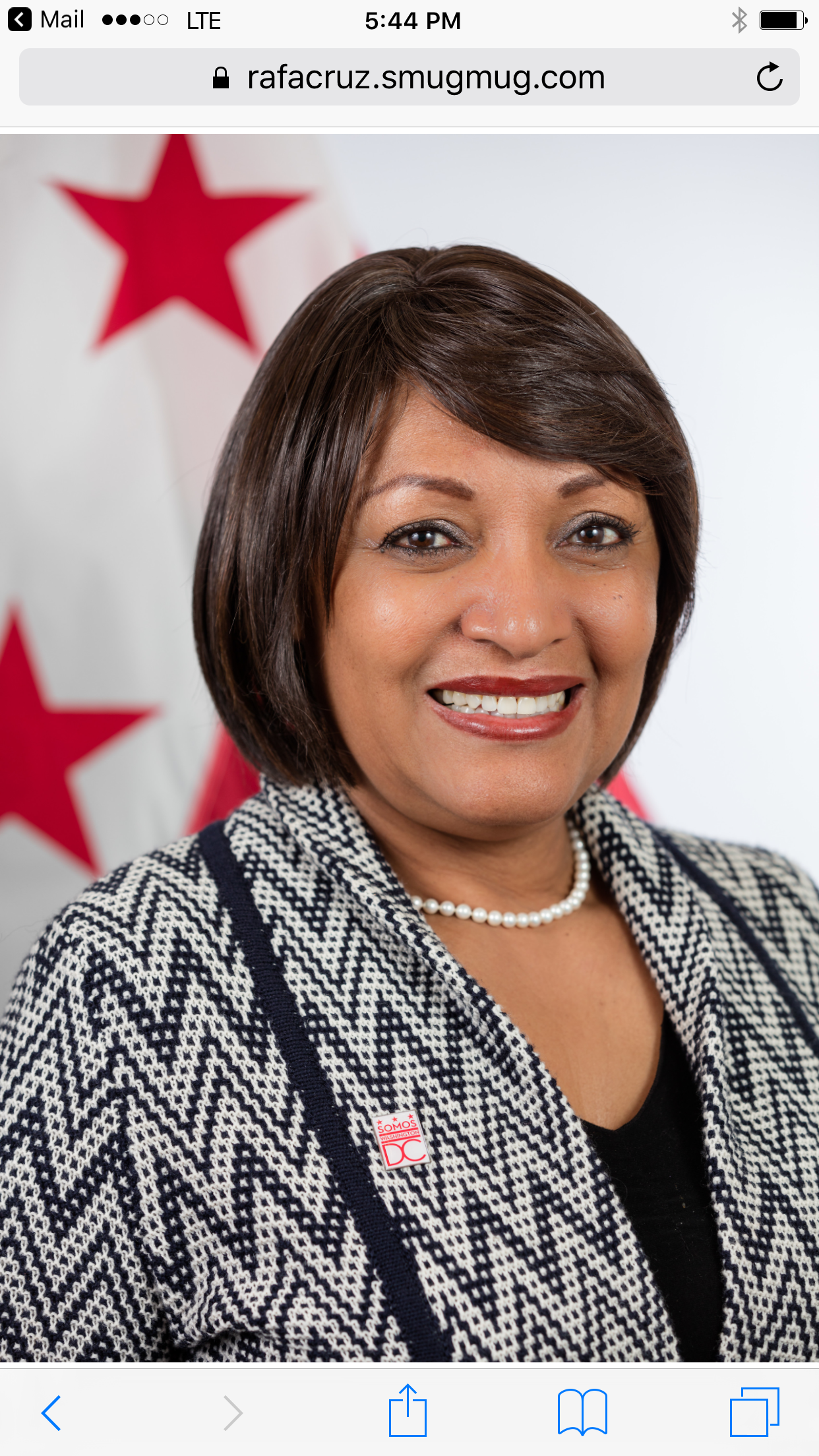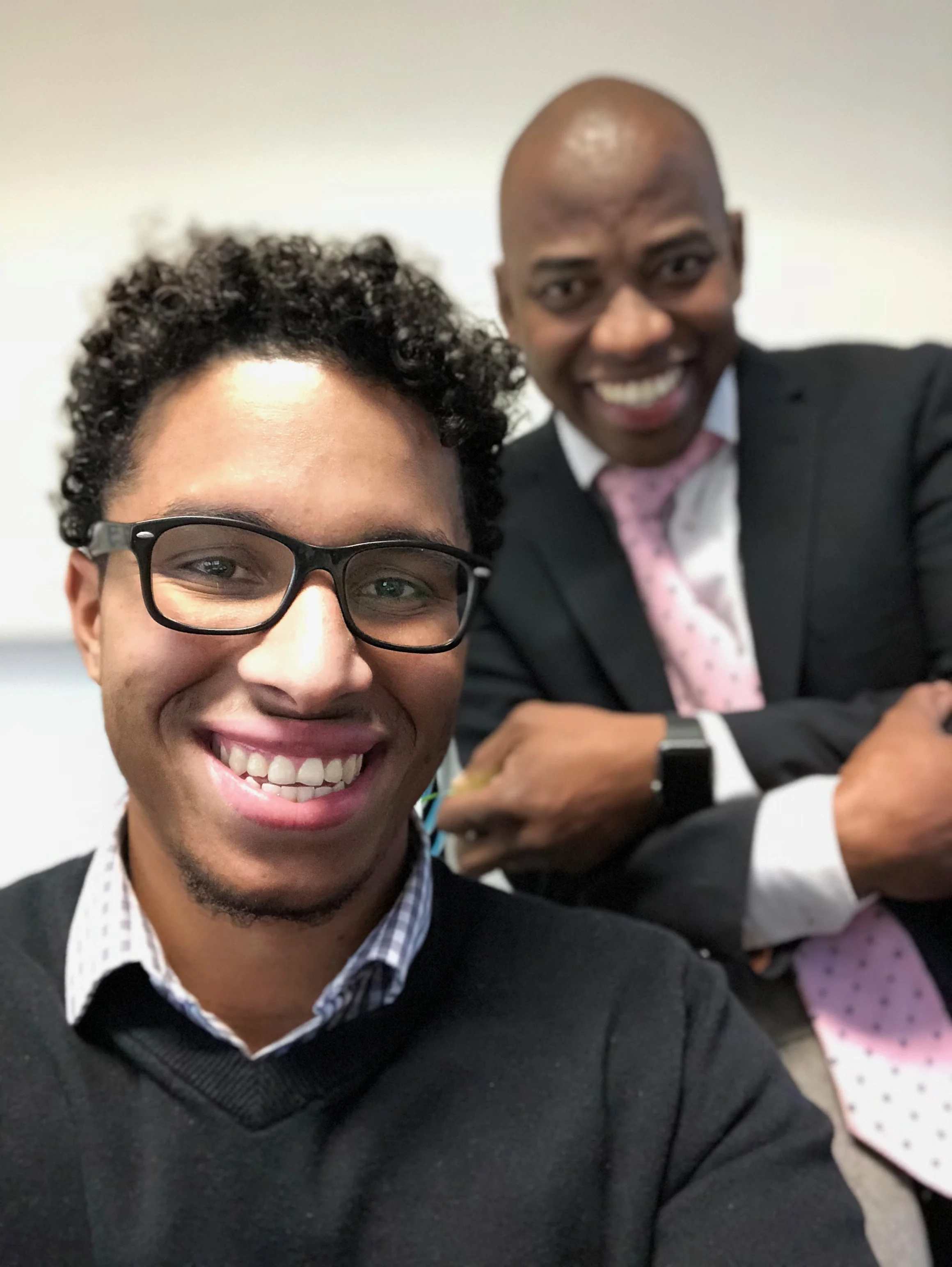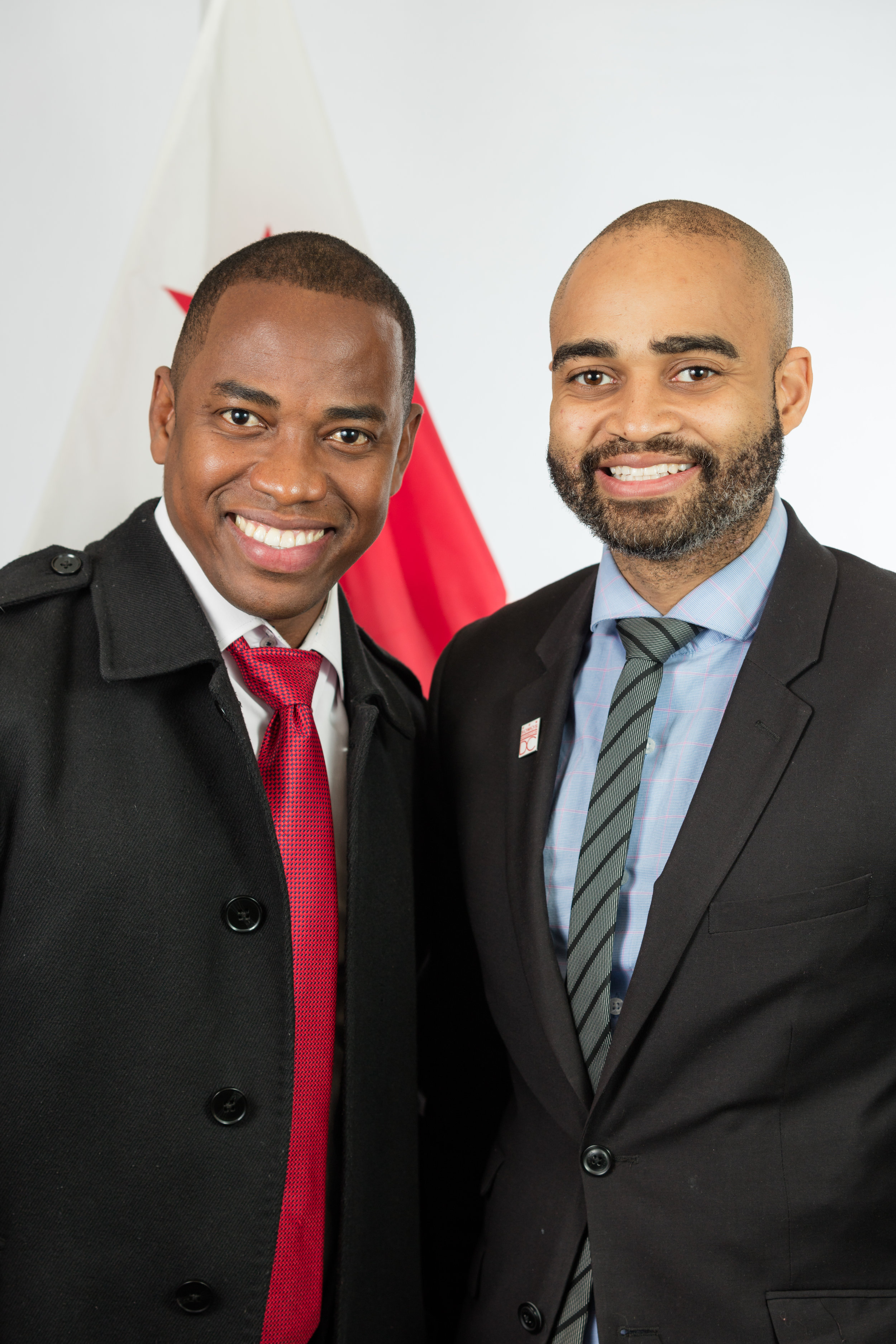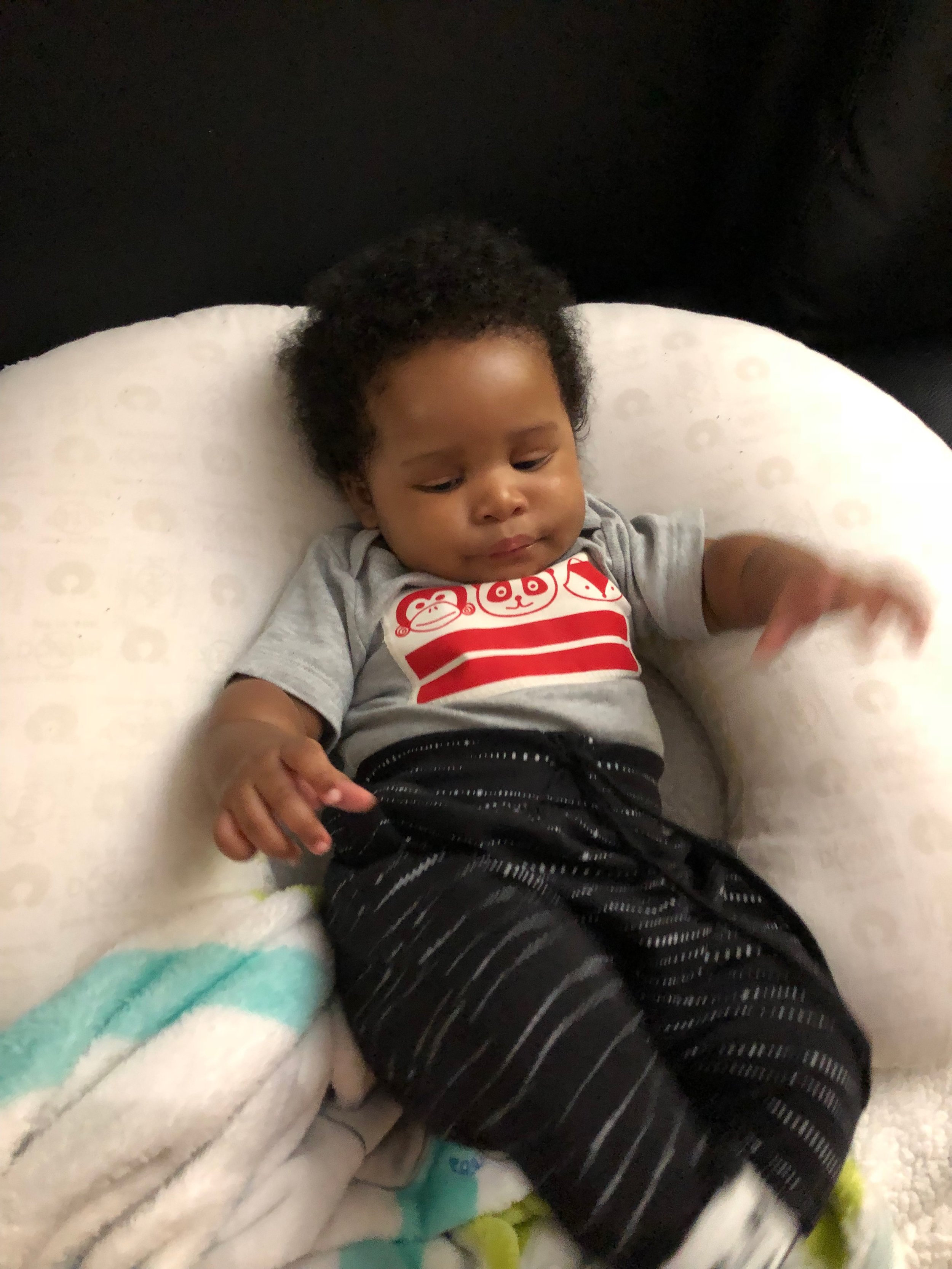In an effort to address concerns raised by millions of Afro-Latinos, a growing segment of the U.S. Hispanic population, there is an ongoing conversation between Afro-Latino leaders and key stakeholders in the Council of the District of Columbia. Topics of interest include the need for recognition, political representation and participation in the economic vitality of the United States.
On Thursday February 11, 2019, a meeting took place between members of the DC Council and the Sustainable Development and Climate Change (SUDECC) team, the DC Afro-Latino Caucus and other community advocates. The discussion centered around the importance and impact of the upcoming 2020 Census on Afro-Latino communities of DC and the U.S. These exchanges are particularly relevant in the context of the upcoming 2019 DC Emancipation Day, the 2019 Garifuna Settlement Day and the 2020 U.S. Census.
Afro-Latino community
Similar to what is sought by DC Statehood advocates, pursue recognition for their contribution to the U.S. social and economic development
Meetings with staffs of At-Large Councilmember Robert C. White, Jr. and At-Large Councilmember Anita Bonds offered participants an opportunity to seek potential partnerships with relevant DC government agencies and other stakeholders to address concerns regarding invisibility and undercount of Afro-Latinos in the data collected by federal and local governments.
Washington, DC has the potential to become a pioneer in collecting accurate data on the Afro-Latino population to address the needs of this traditionally underfunded population. A proposal was made to organize a panel to address the challenges of the Afro-Latino community and highlight the contributions of long-time residents such as Casilda Luna. The proposed panel would be co-sponsored by SUDECC, the DC Afro-Latino Caucus, the Office of At-Large Councilmember Robert C. White, Jr. and theOffice of At-Large Councilmember Anita Bonds and other stakeholders.
In order to bring visibility to the Afro-Latino community, and its relationship to African descendants worldwide, the panel would take place on April 13, 2019 to celebrate both Emancipation Day and the Garifuna Settlement Day. This will allow participants to learn about the unique and compelling story of the Garifunas, a growing community of DC. Moreover, it will provide an opportunity to reflect on the elements of UNESCO’s 2001 proclamation of Garifuna Language and Culture as a “Masterpieces of the Oral and Intangible Heritage of Humanity.”
Similar to what is sought by DC Statehood advocates, Afro-Latino organizations pursue recognition for their contribution to this country. Therefore, to have an accurate picture of the Afro-Latino population, it is crucial to take steps to ensure that 2020 census data collection issues are addressed, monitored and evaluated. This will help achieve the stated mission of the U.S. Census, which is to accurately count everyone, while facilitating an equitable distribution of federal and local funds.
There is an expectation that approximately $675 billion will be allocated every year for federal and state governments in the United States. The outcomes of the Census play an important role on how these resources will be allocated.
Over the next decade, adapting to climate change will remain a priority in every city. There is a high likelihood that Afro-Latinx immigrants will need assistance that is culturally-sensitive. Such is the case of immigrants coming from the Garifuna communities or Roatán Island in Central America, Choco or San Andres Province of Santa Catalina in Colombia, Oaxaca in Mexico, Salvador da Bahia in Brazil, Colon in Panama, Esmeralda in Ecuador or Santiago de Cuba. A culturally competent approach will be needed, particularly if we are serious about effectively implementing potential natural disaster risk management plans.
A special thanks to the DC Council staff for making this dialogue possible, especially to David Meadows, Senior Advisor of the Office of At-Large Councilmember Anita Bonds and Mtokufa H. Ngwenya, Chief of Staff of the Office of At-Large Councilmember Robert C. White, Jr.
Write to Julio Guity-Guevara at julio.guity@sudecc.com
Recent related articles:
The State of Immigrants in the District of Columbia | Urban Institute
Afro-descendants in Latin America : Toward a Framework of Inclusion | The World Bank
With More "afro" Visibility, Latin America Redefines the Color Black | The World Bank
It’s time we stop ignoring Afro-Latino health disparities in the U.S. | HUFFPOST
Debunking the Myths about the Citizenship Question on the 2020 Census Form. Is the census only about apportionment and redistricting? Census data are a vital tool to address the nation’s legacy of…discrimination | NALEO Educational Fund
In Miami, your skin color is a better predictor of wealth than where your ancestors came from | Economic Policy | The Washington Post



